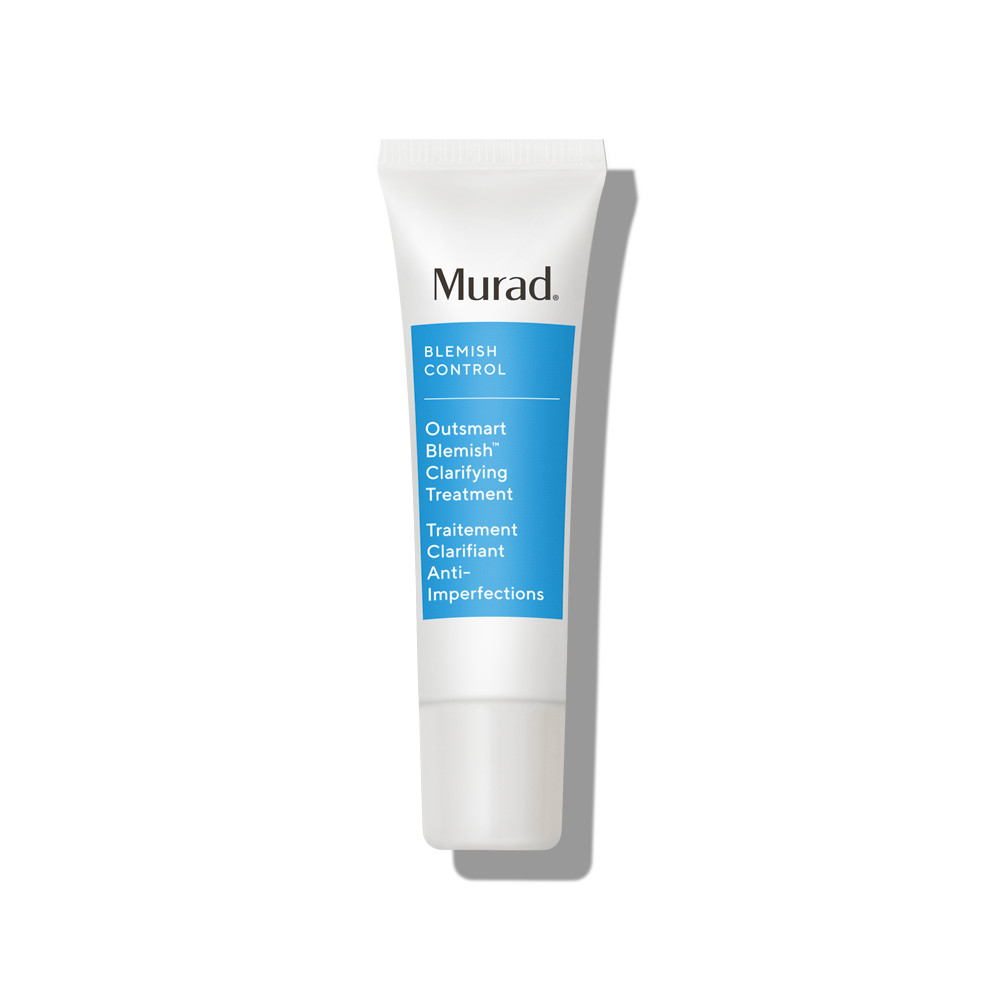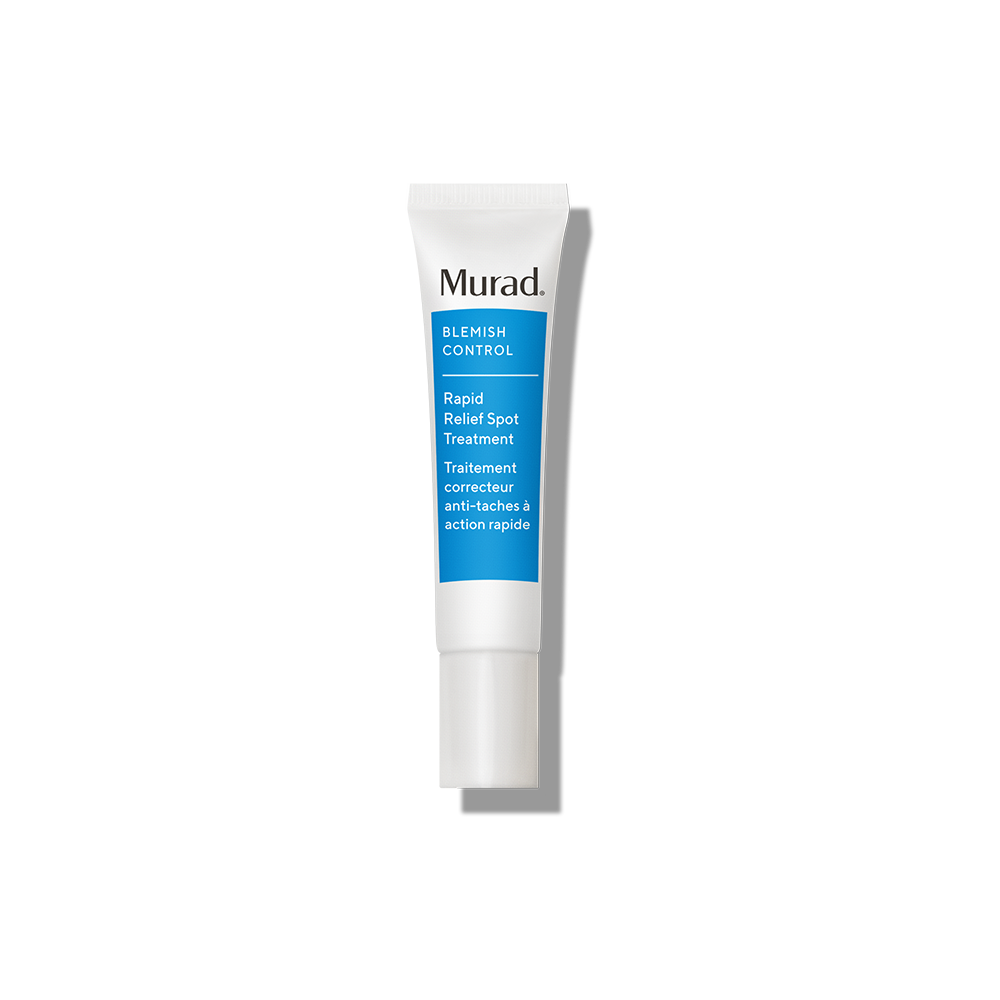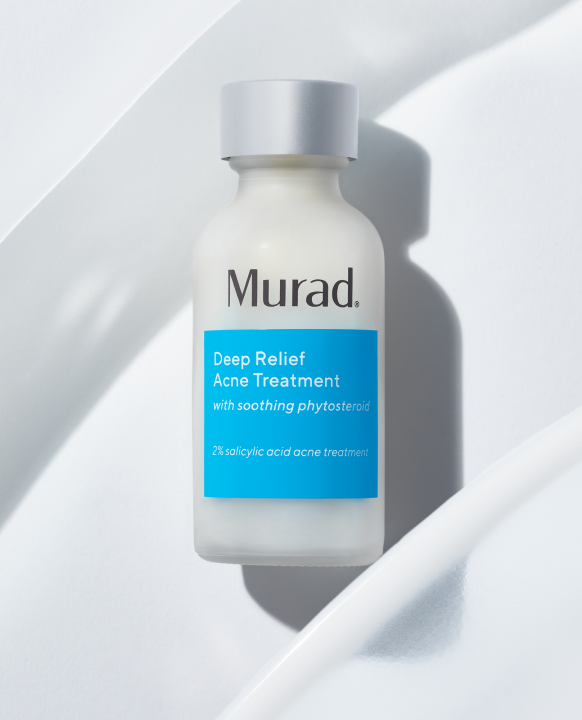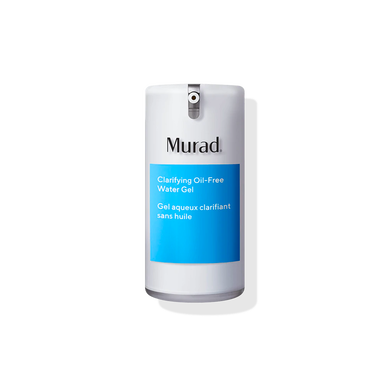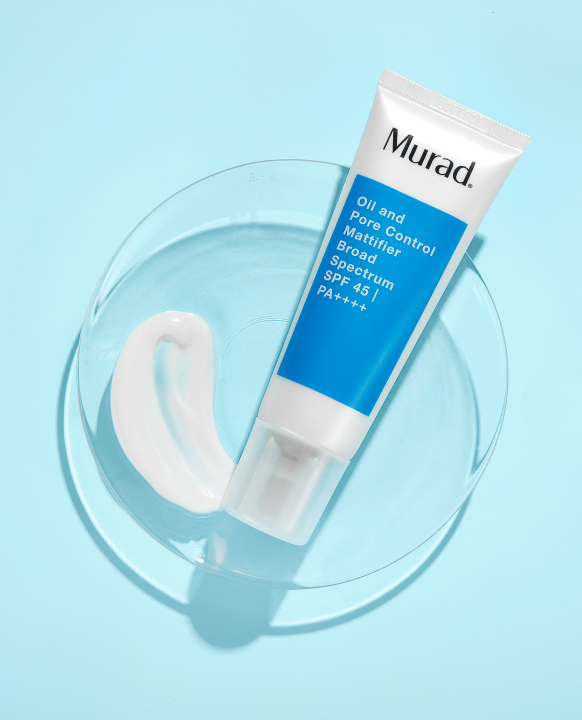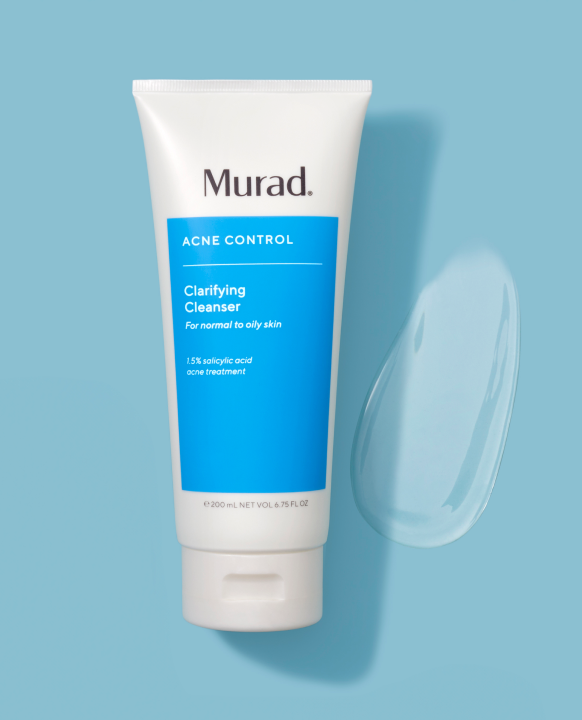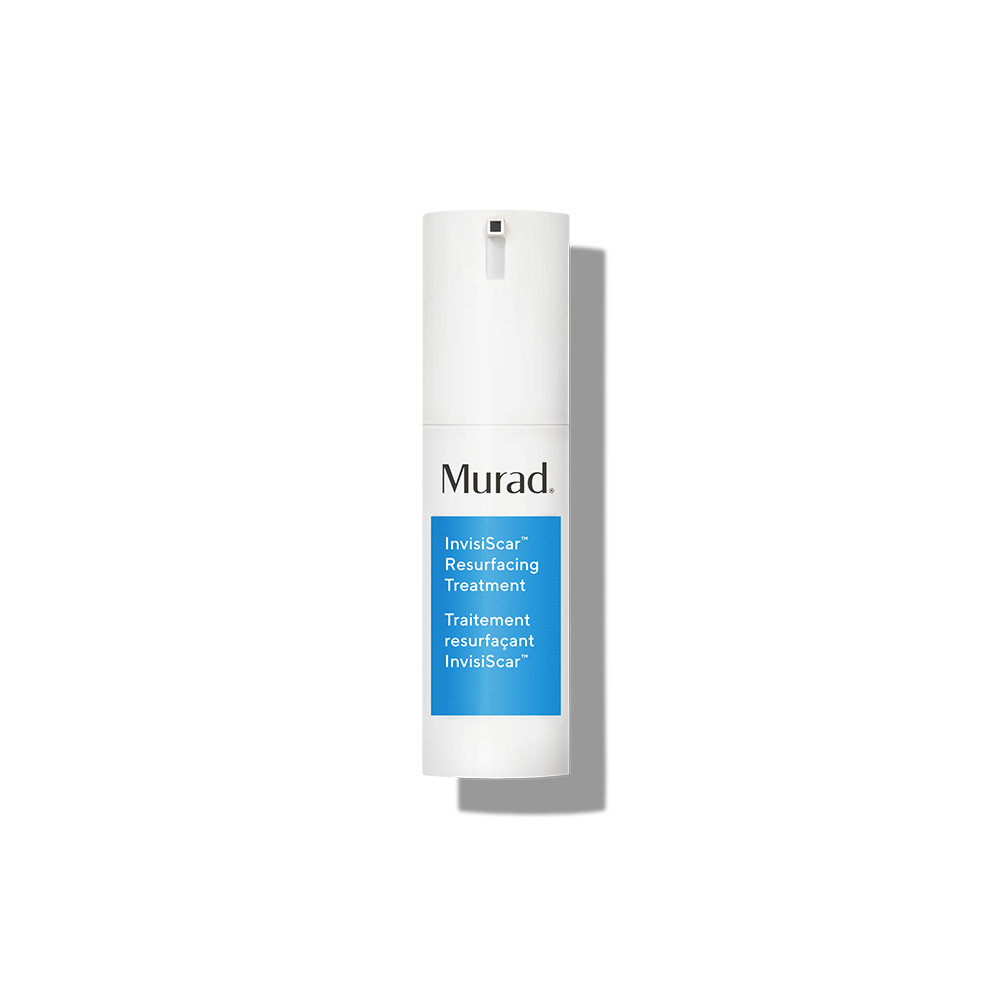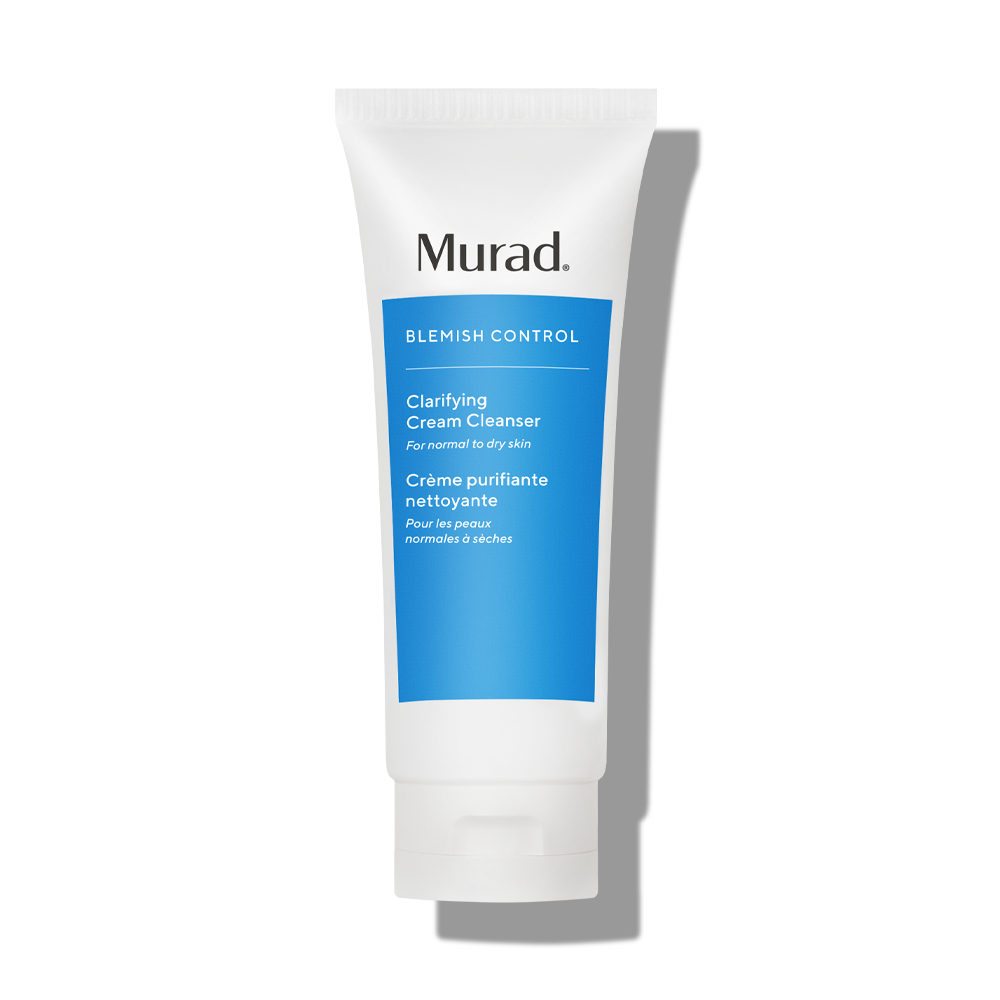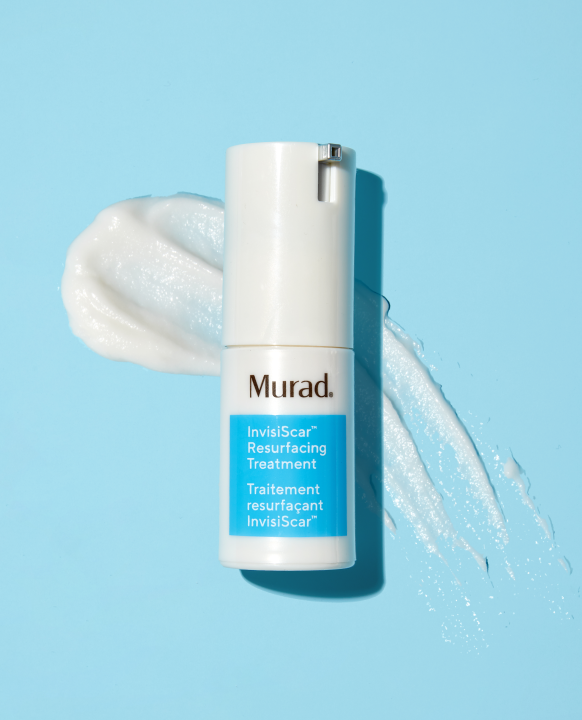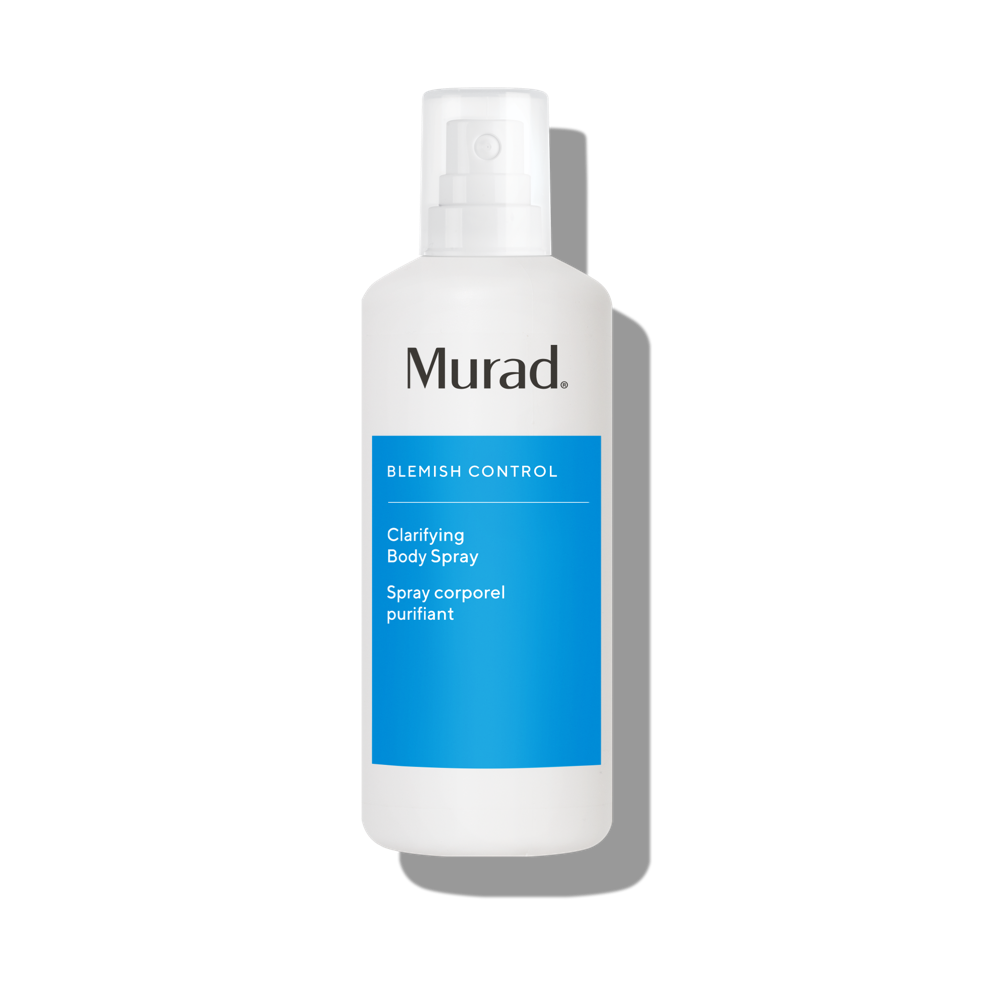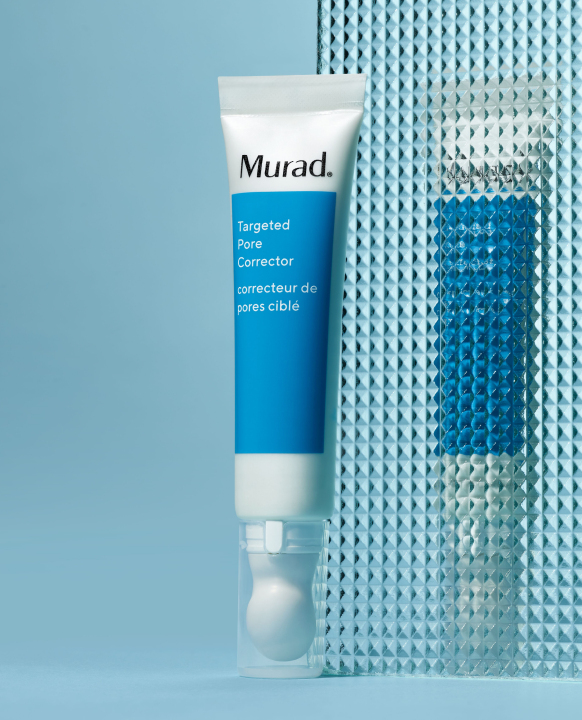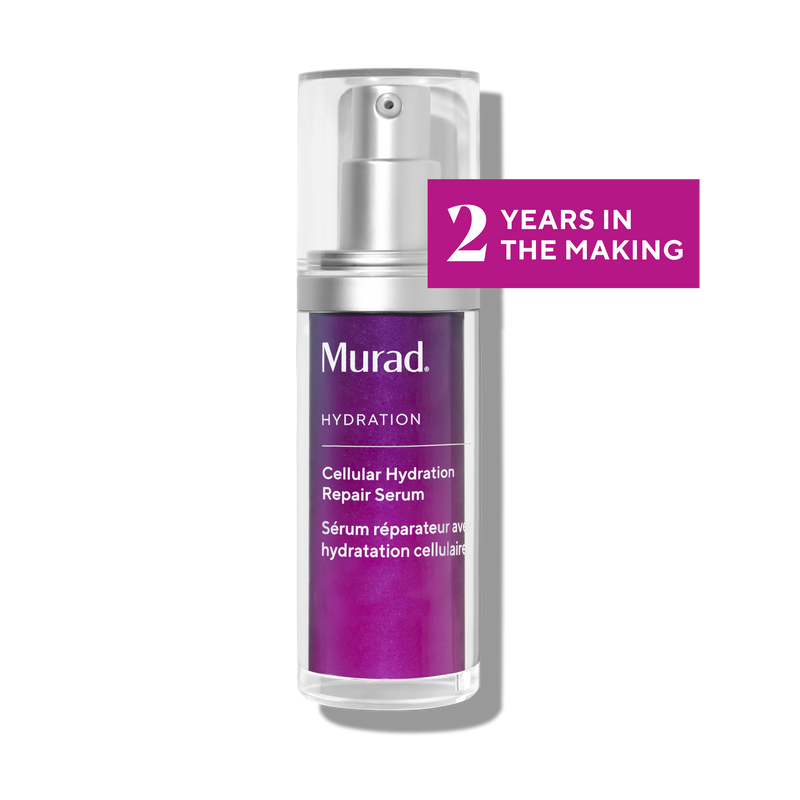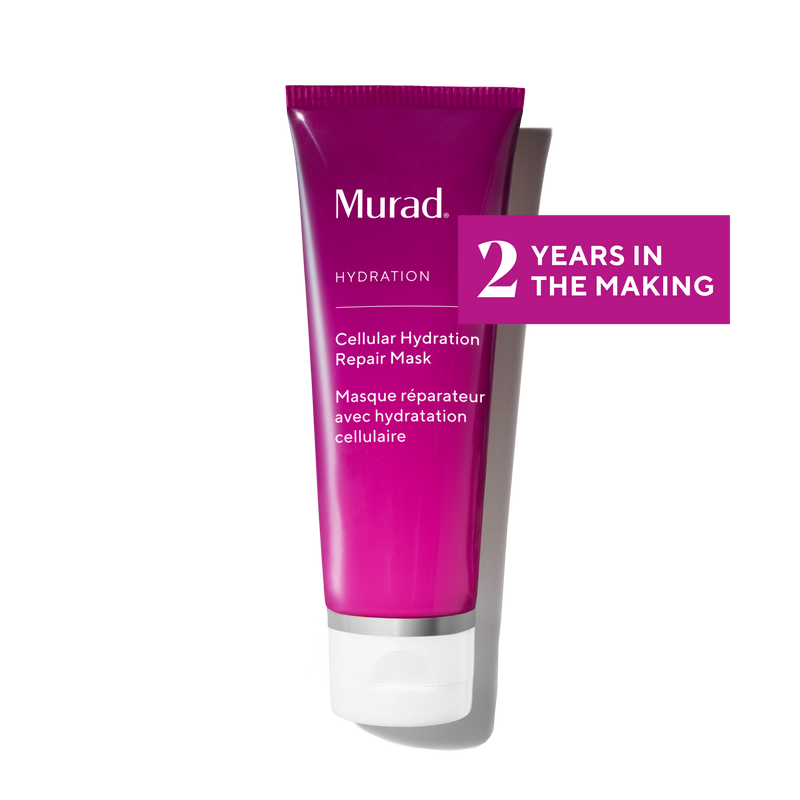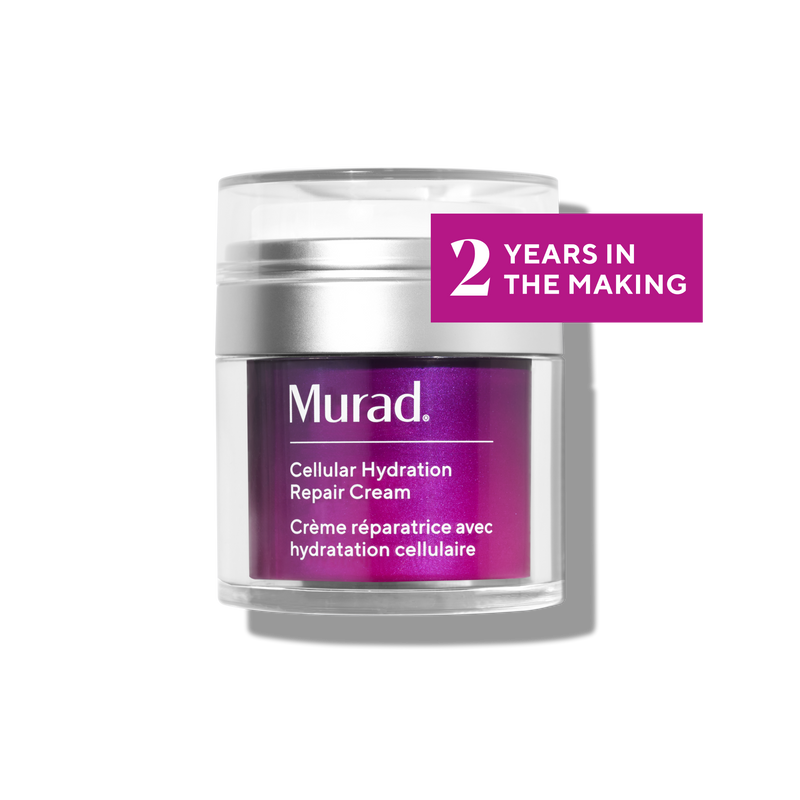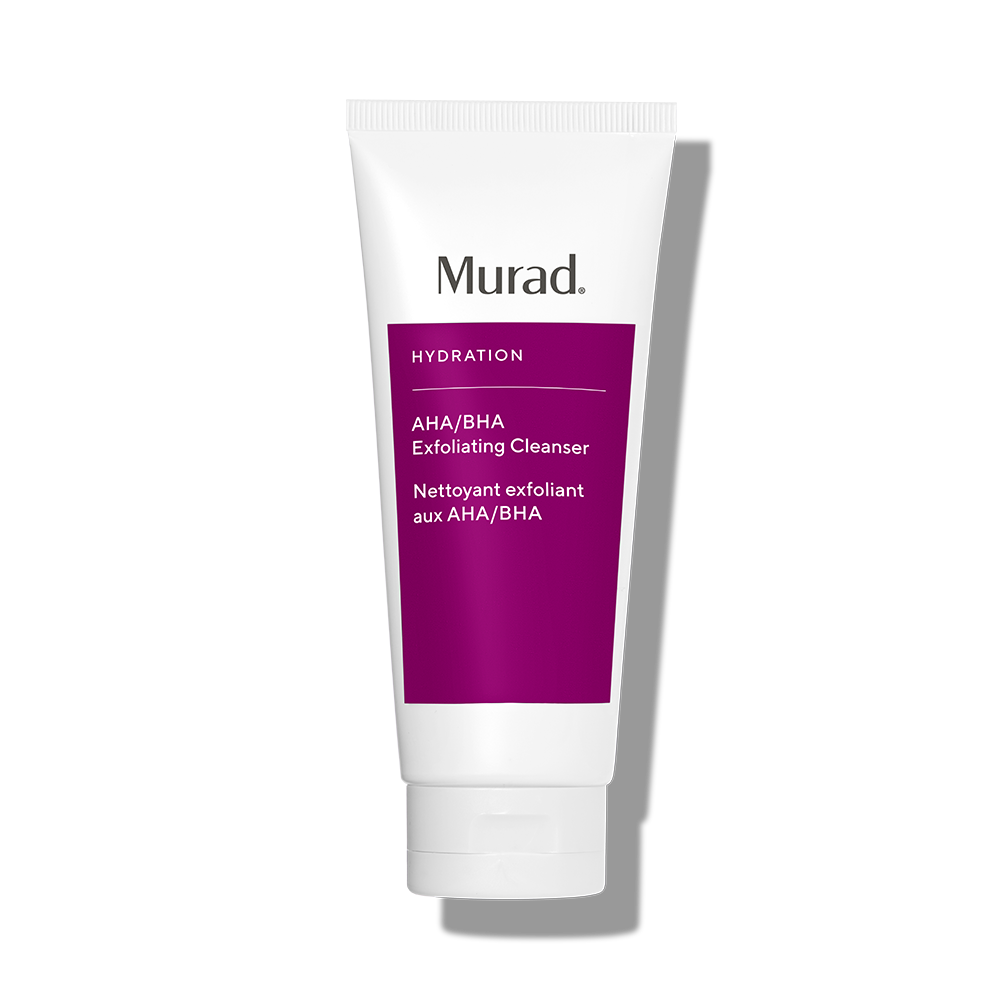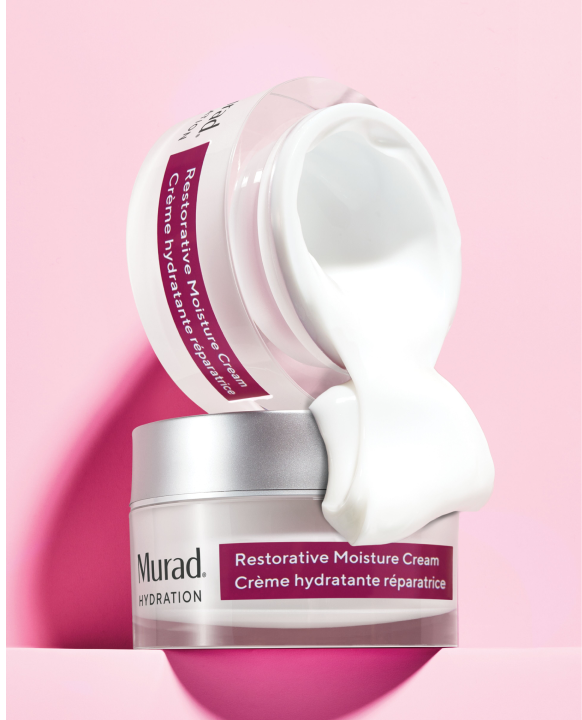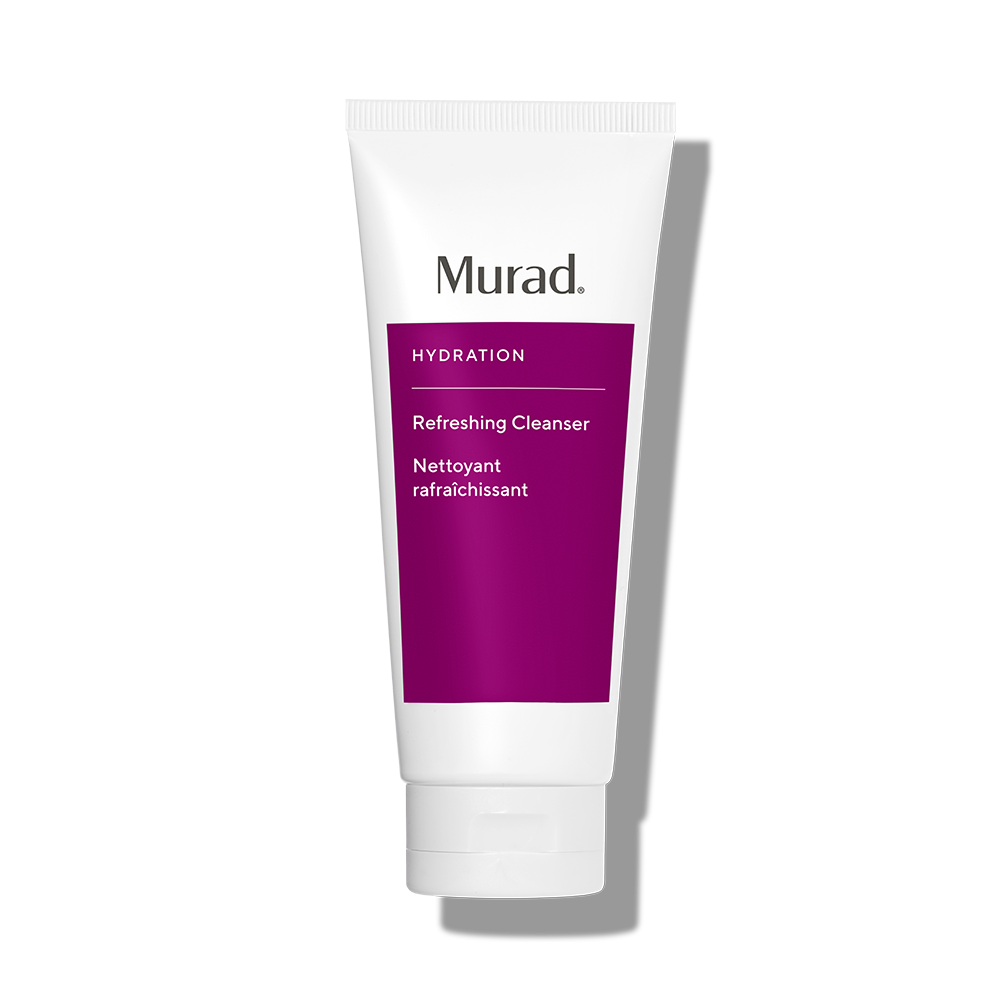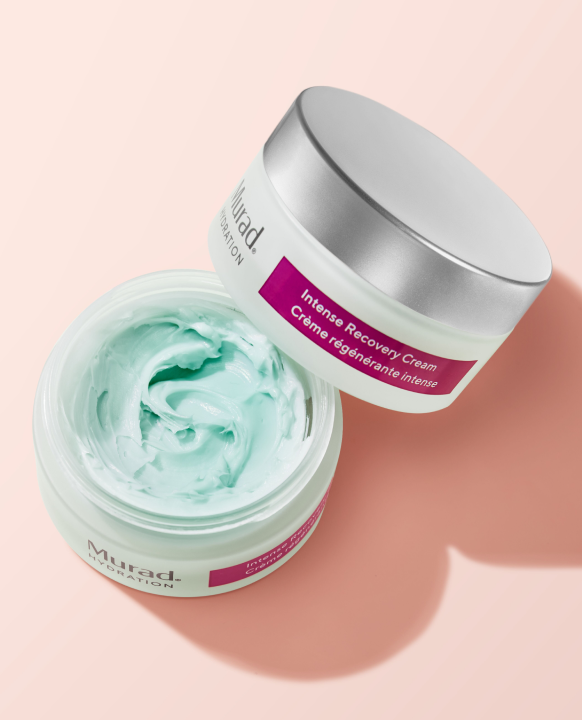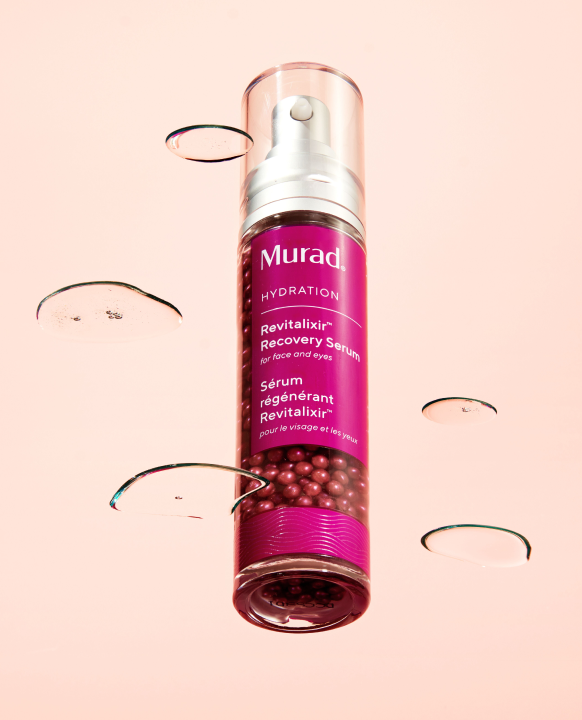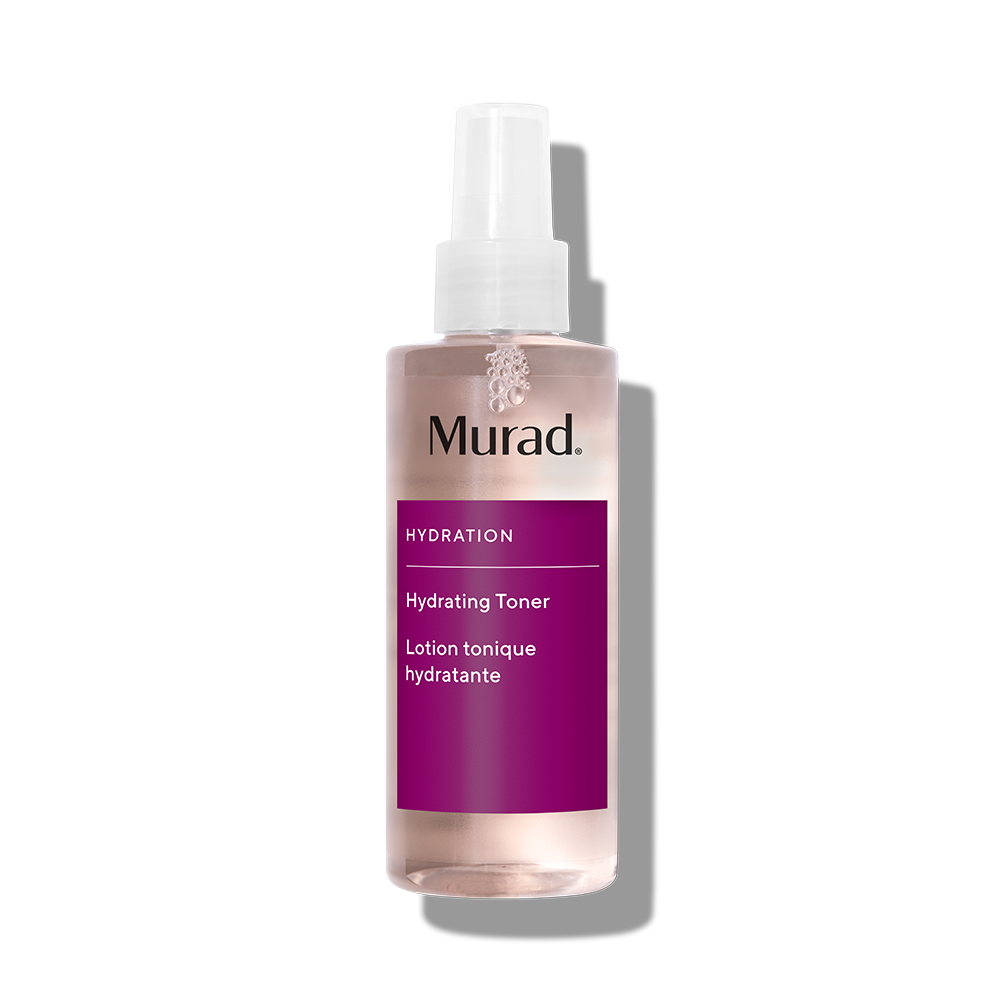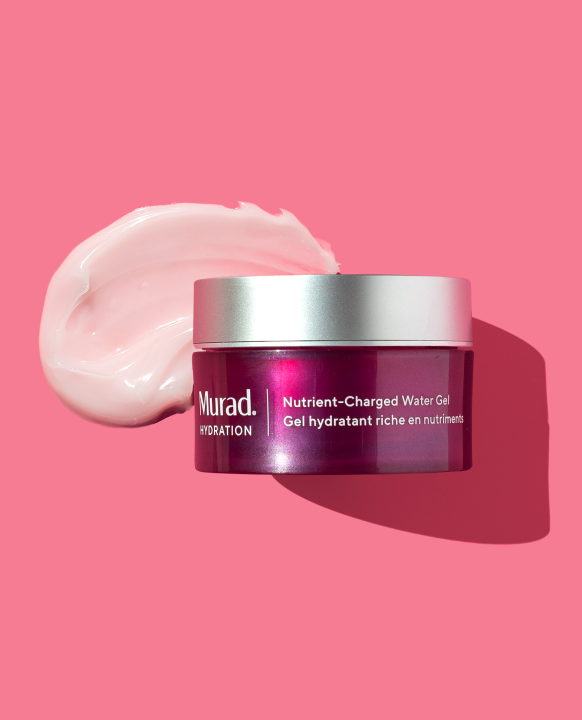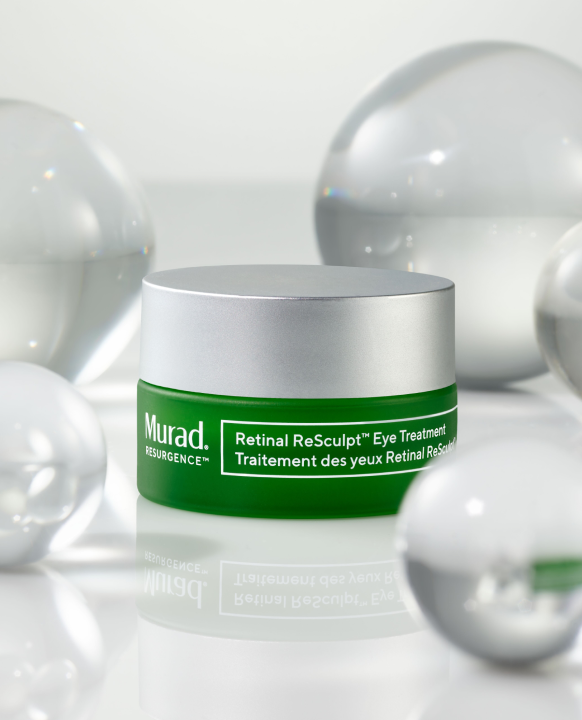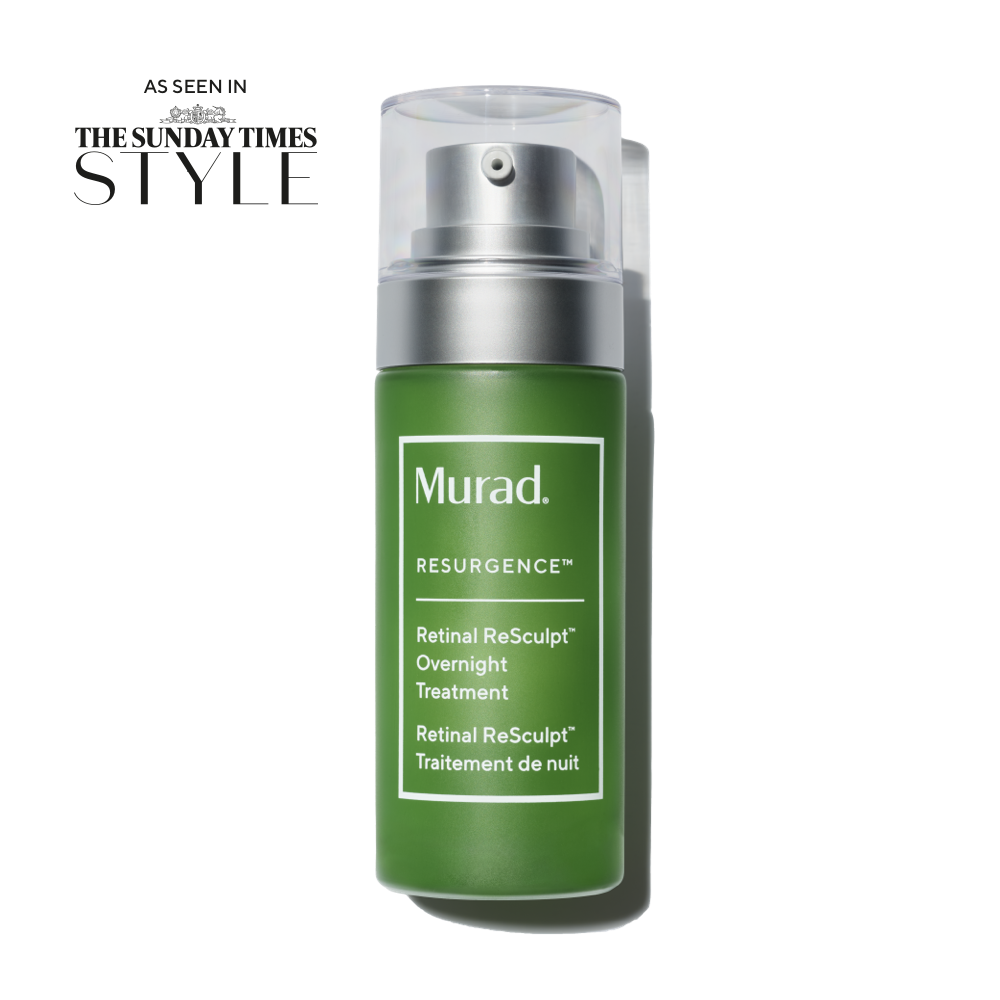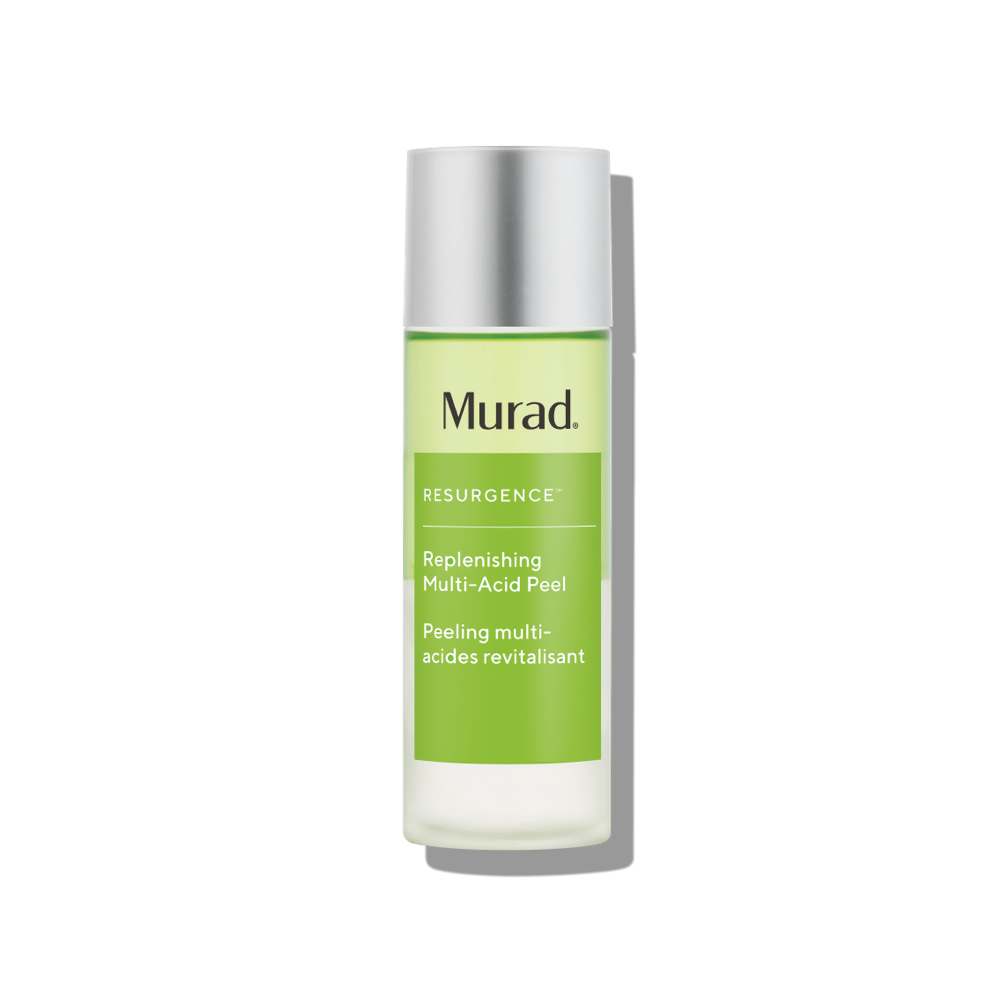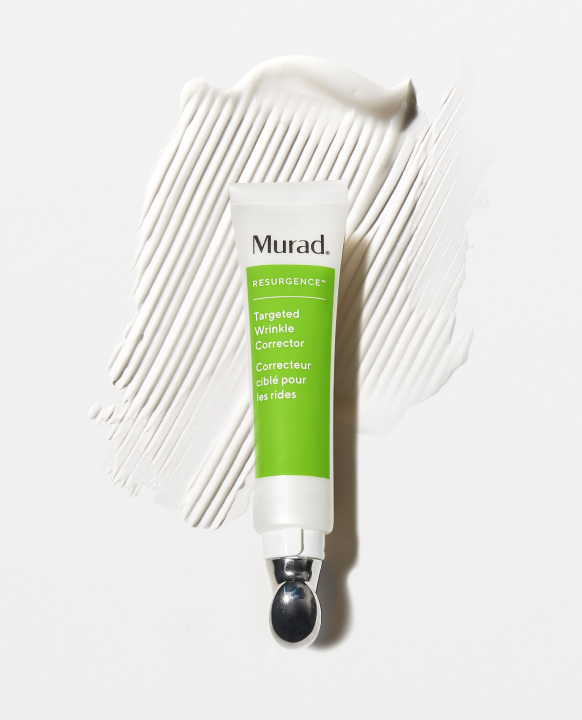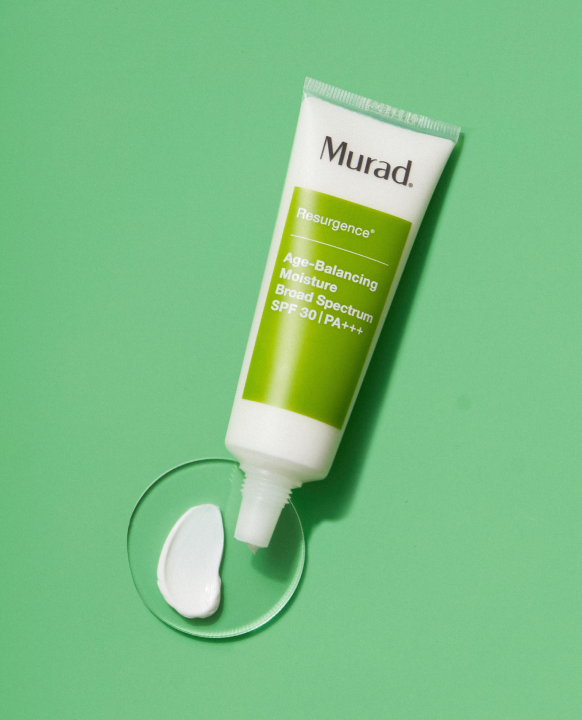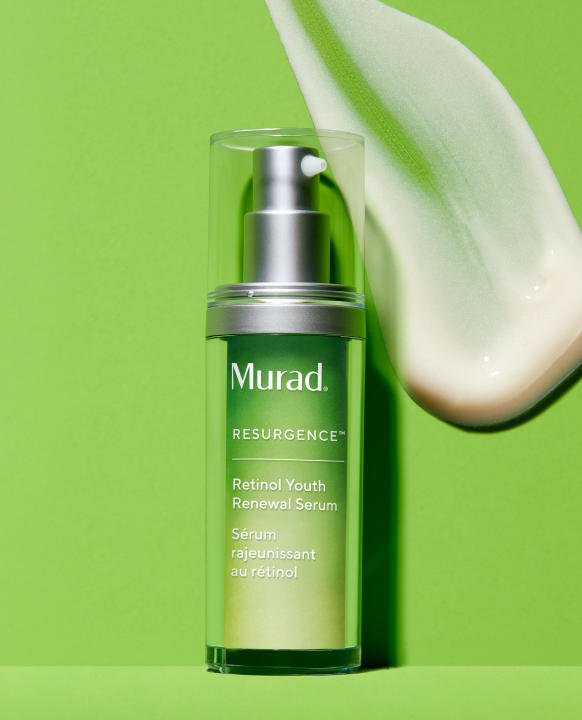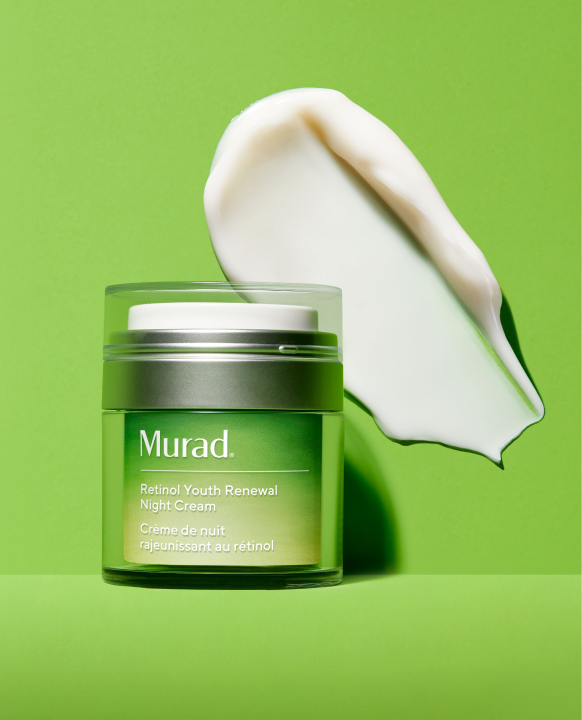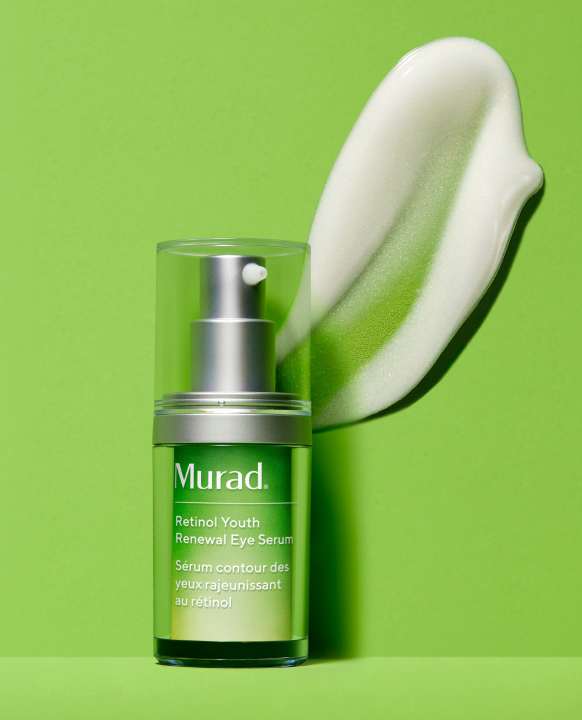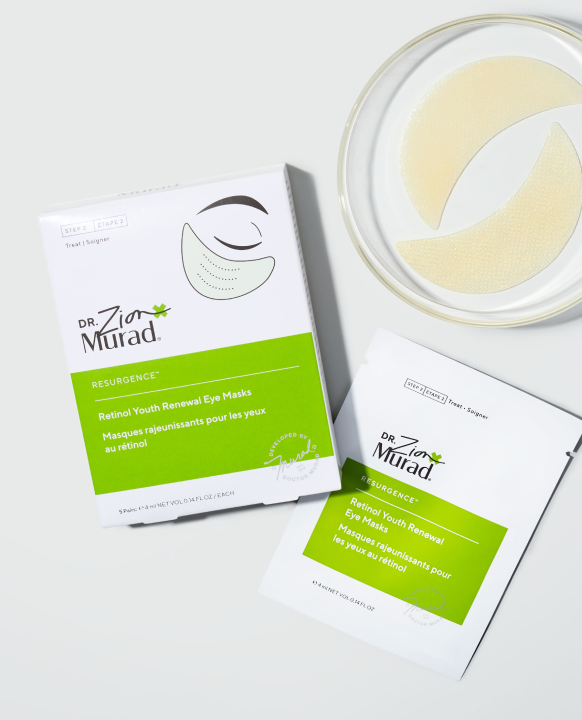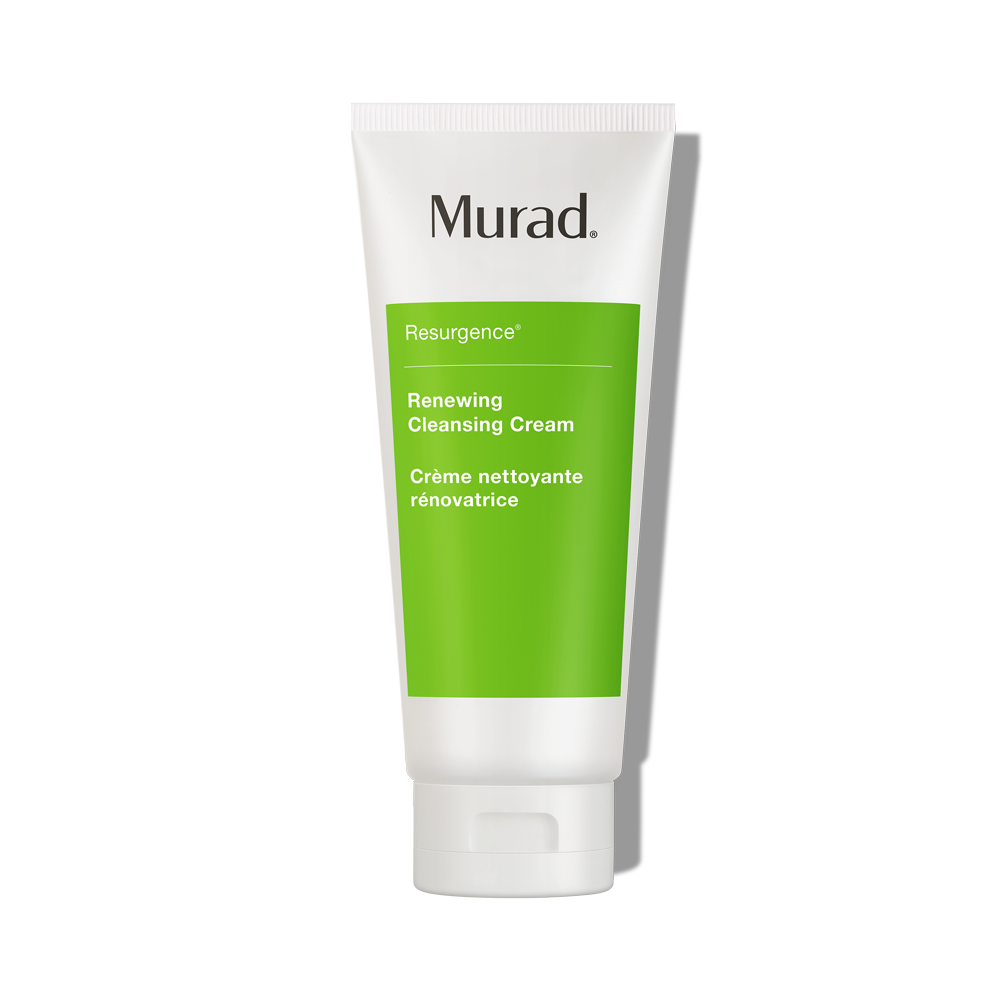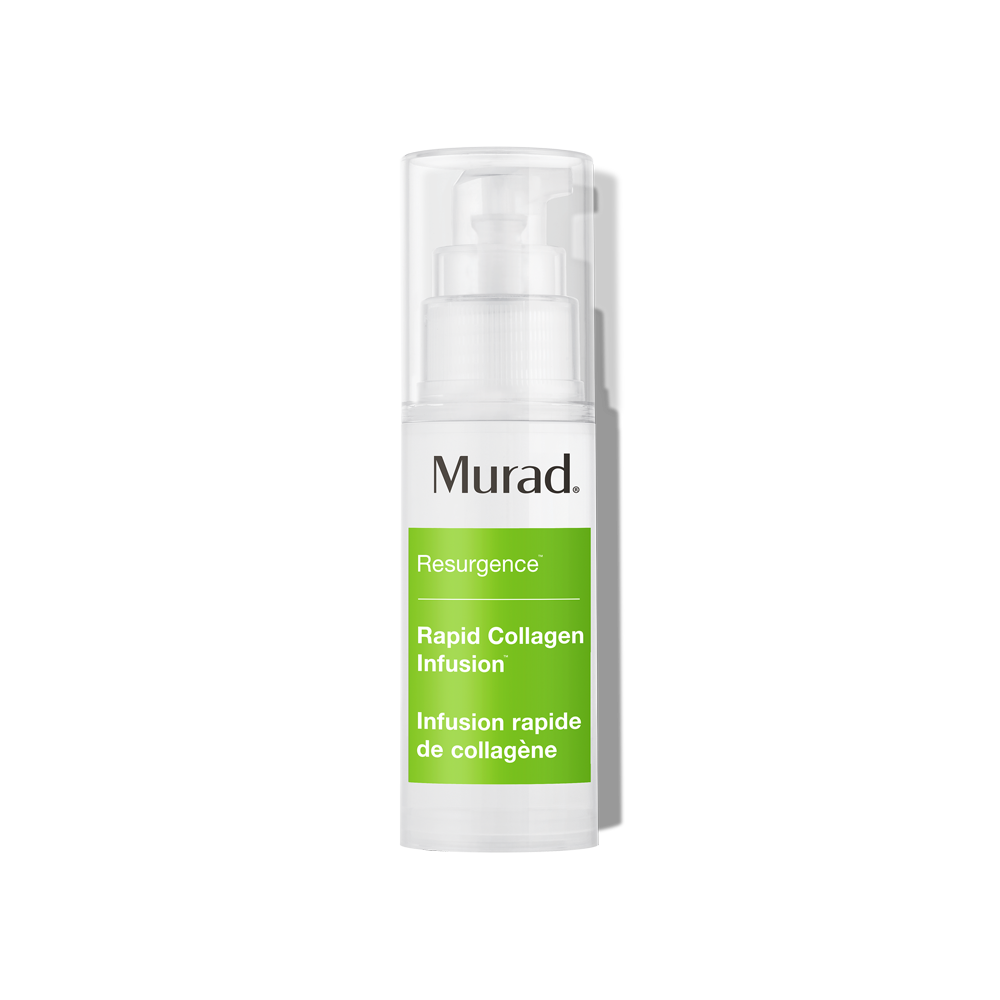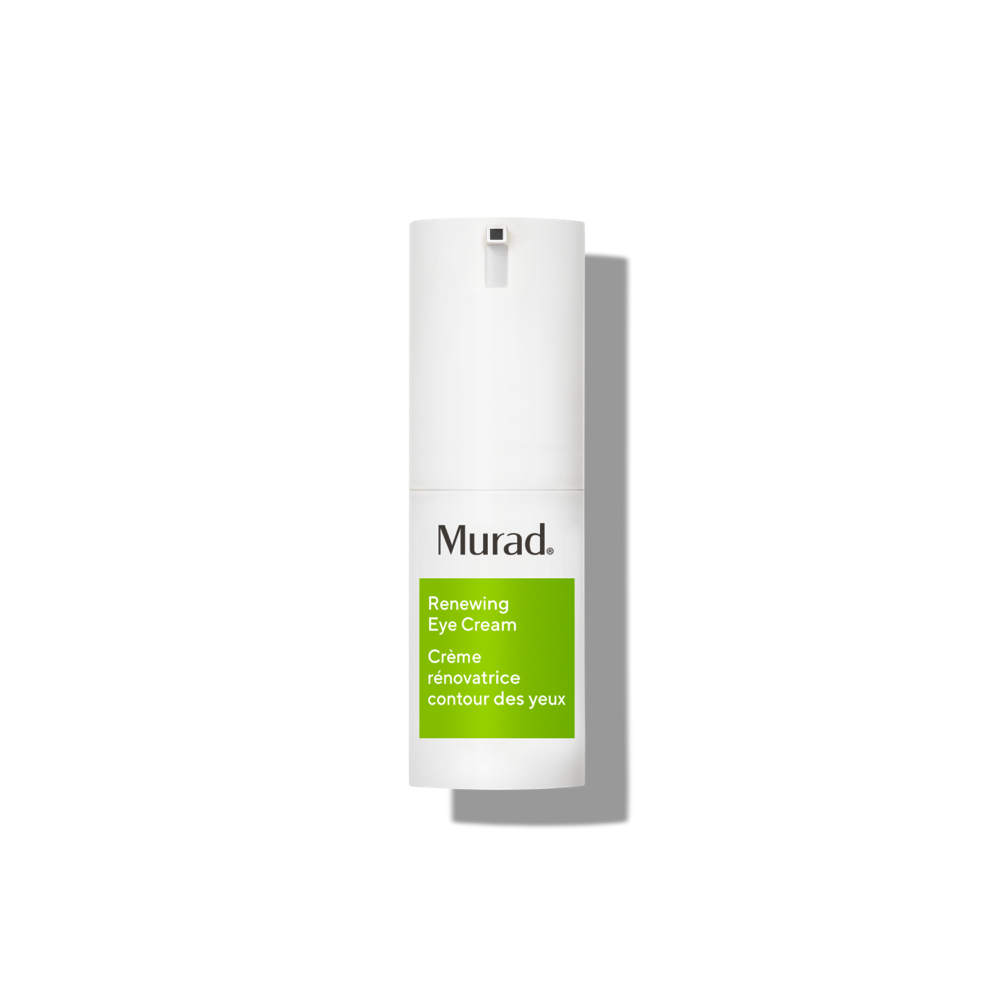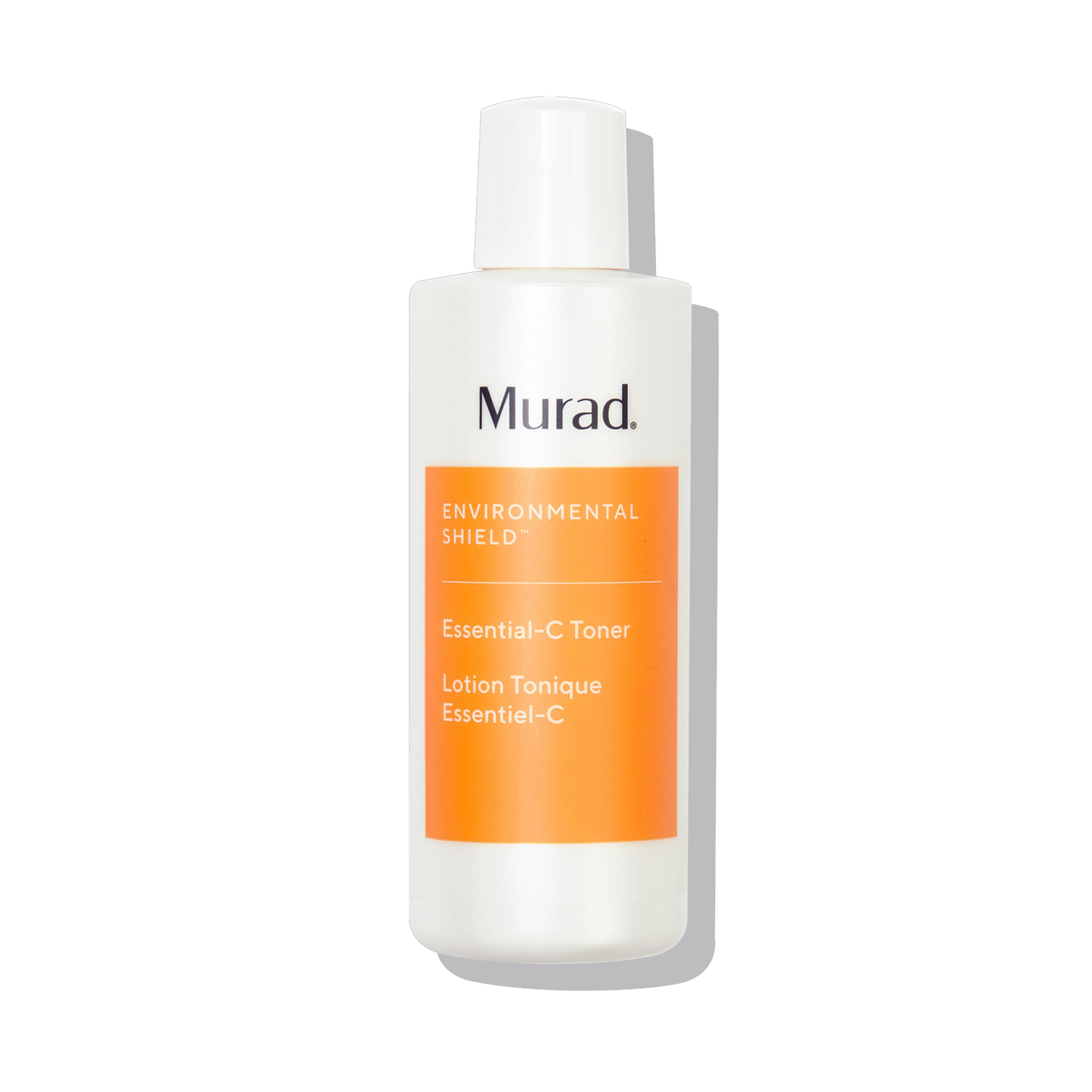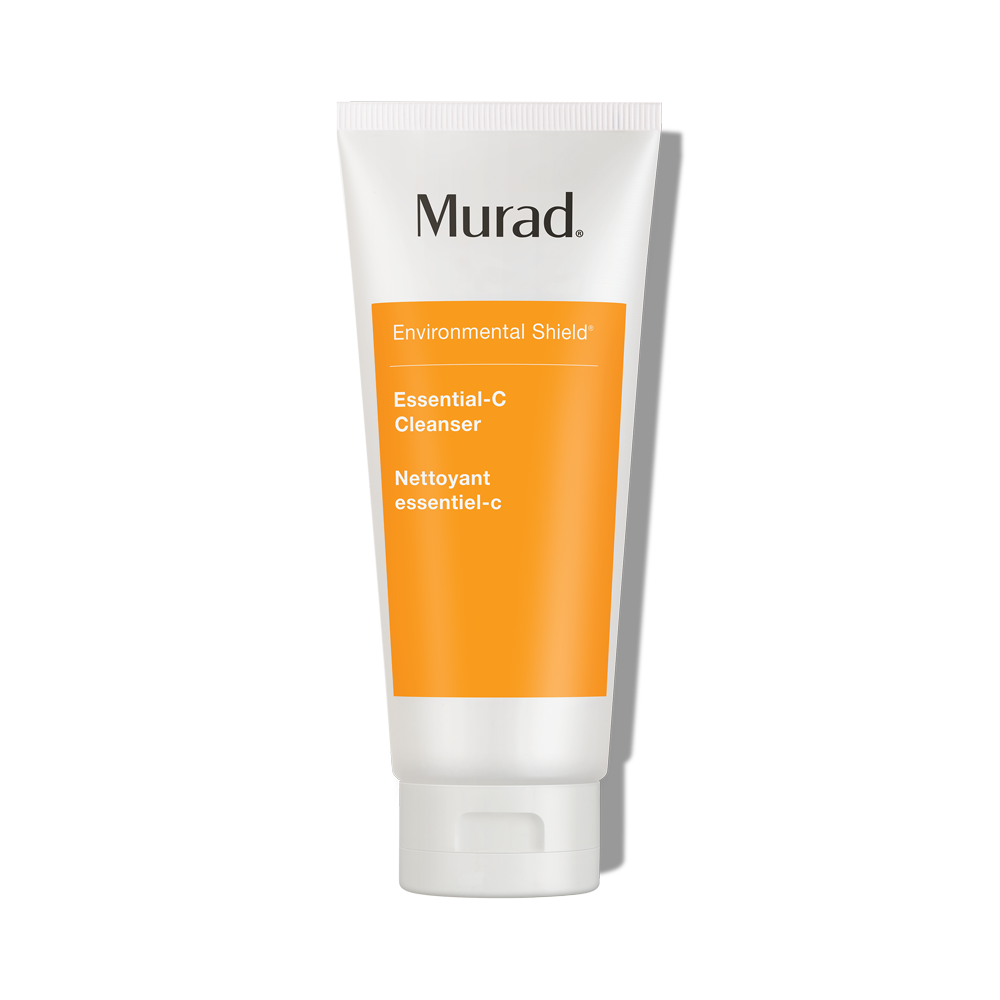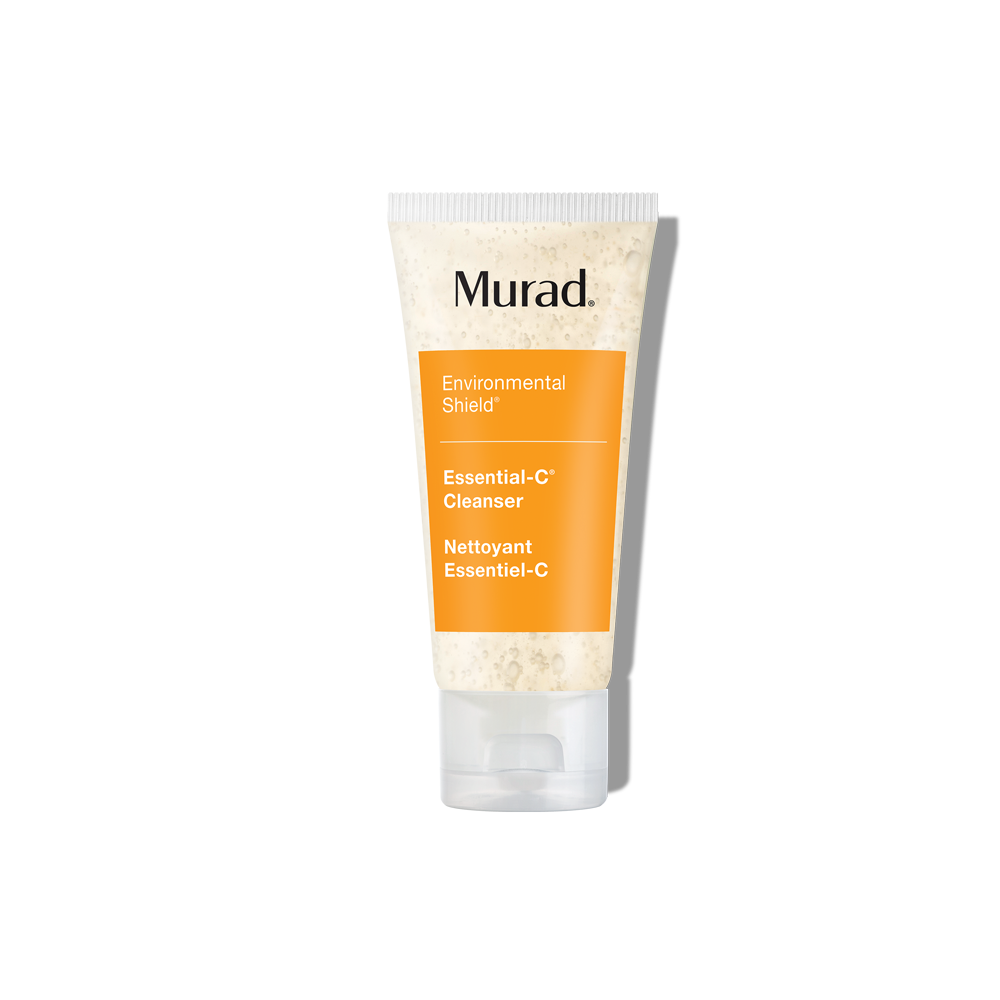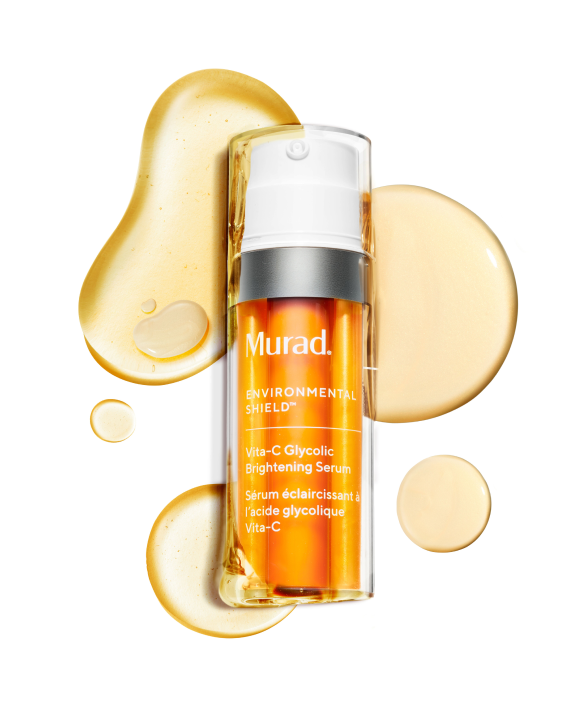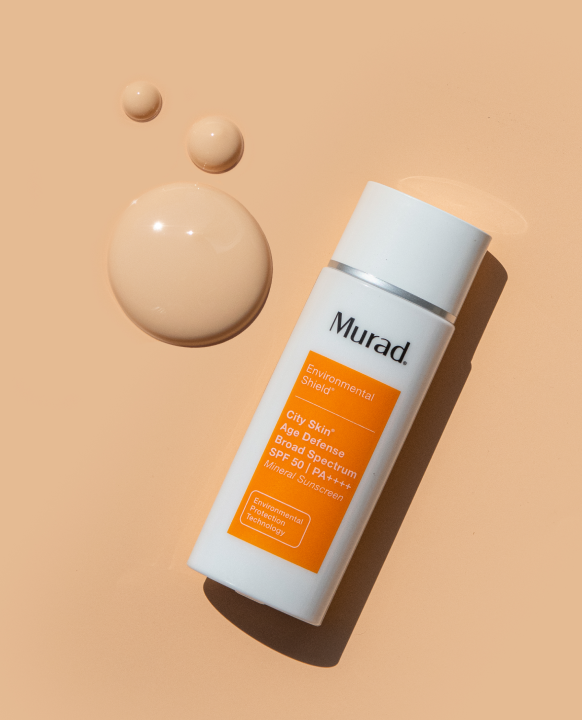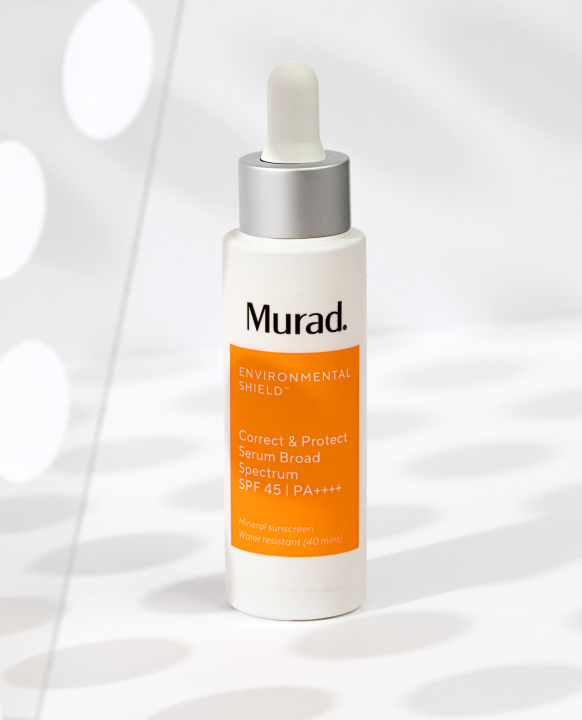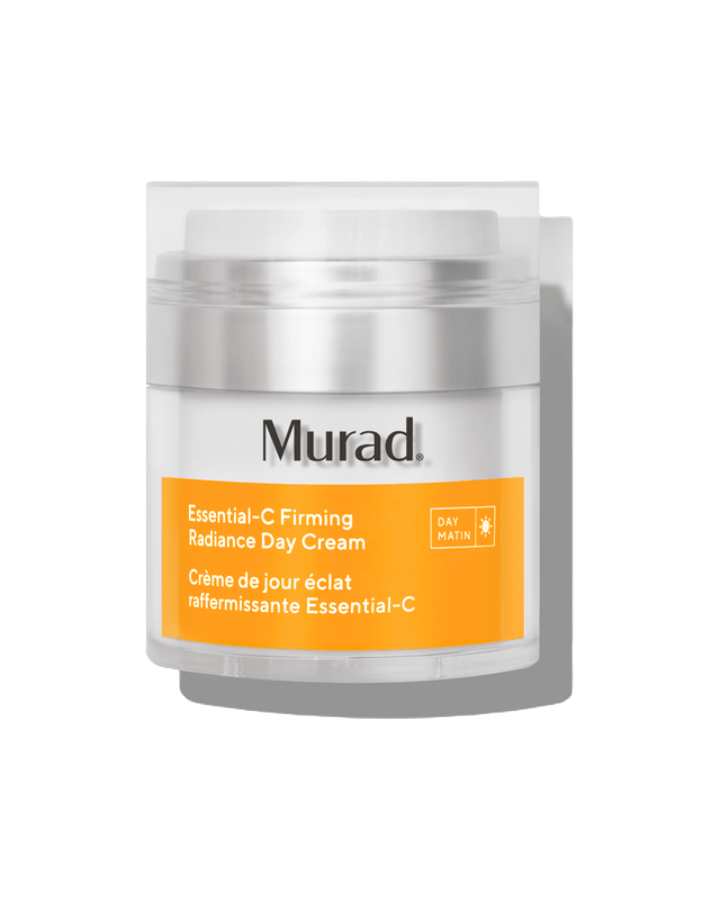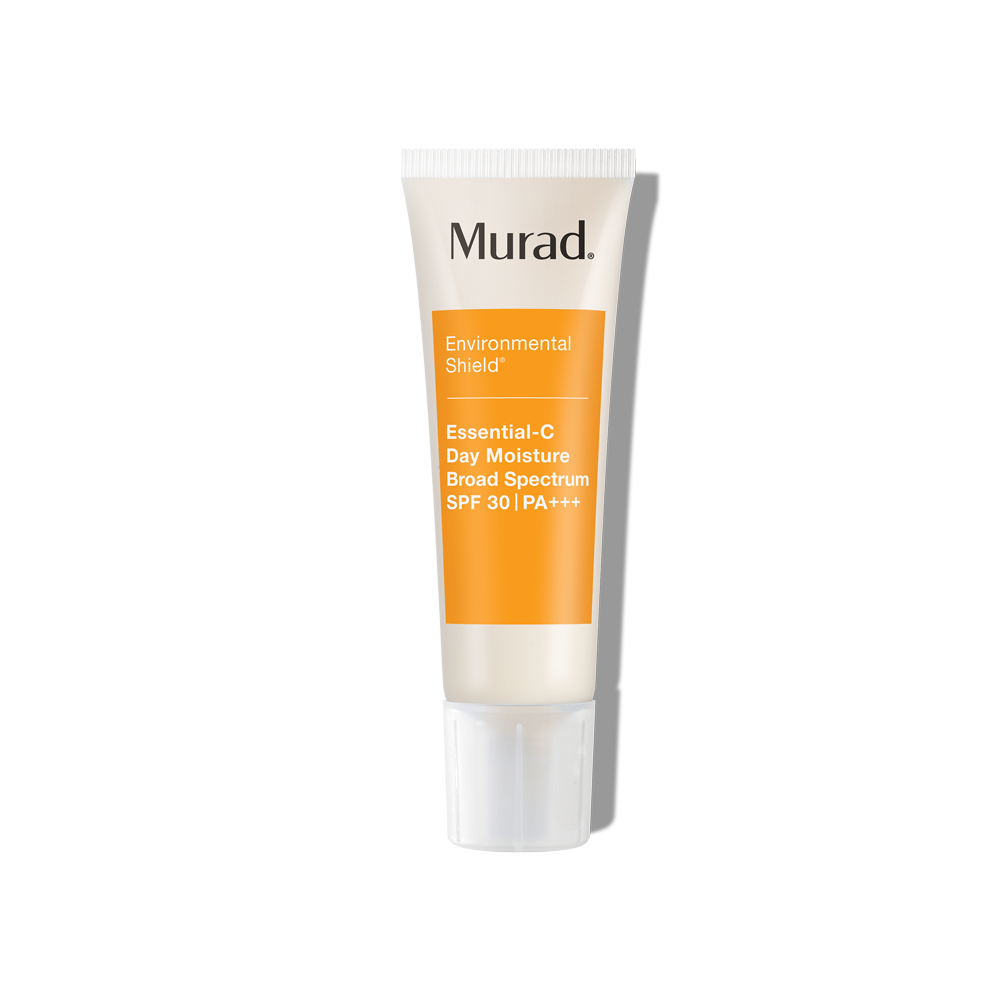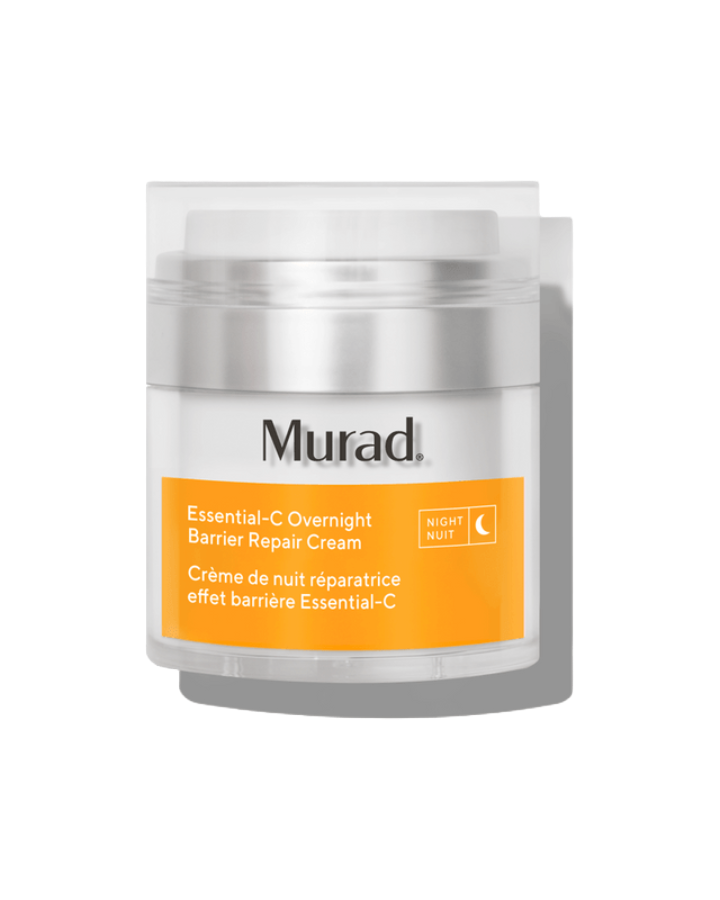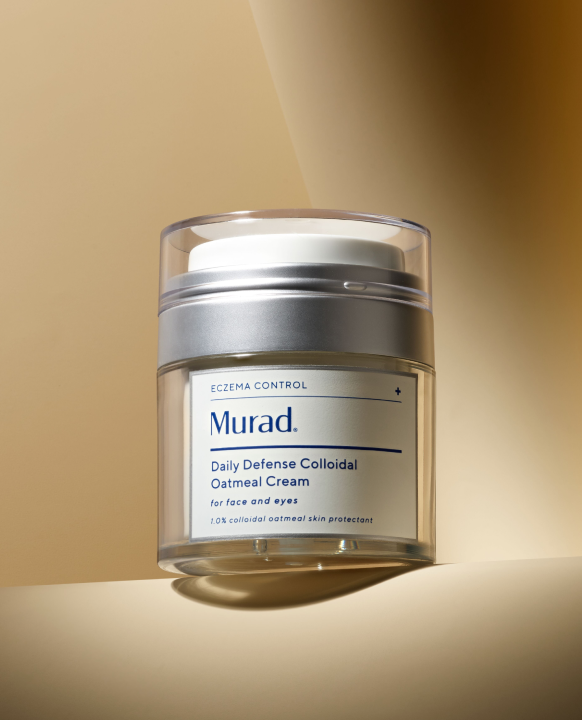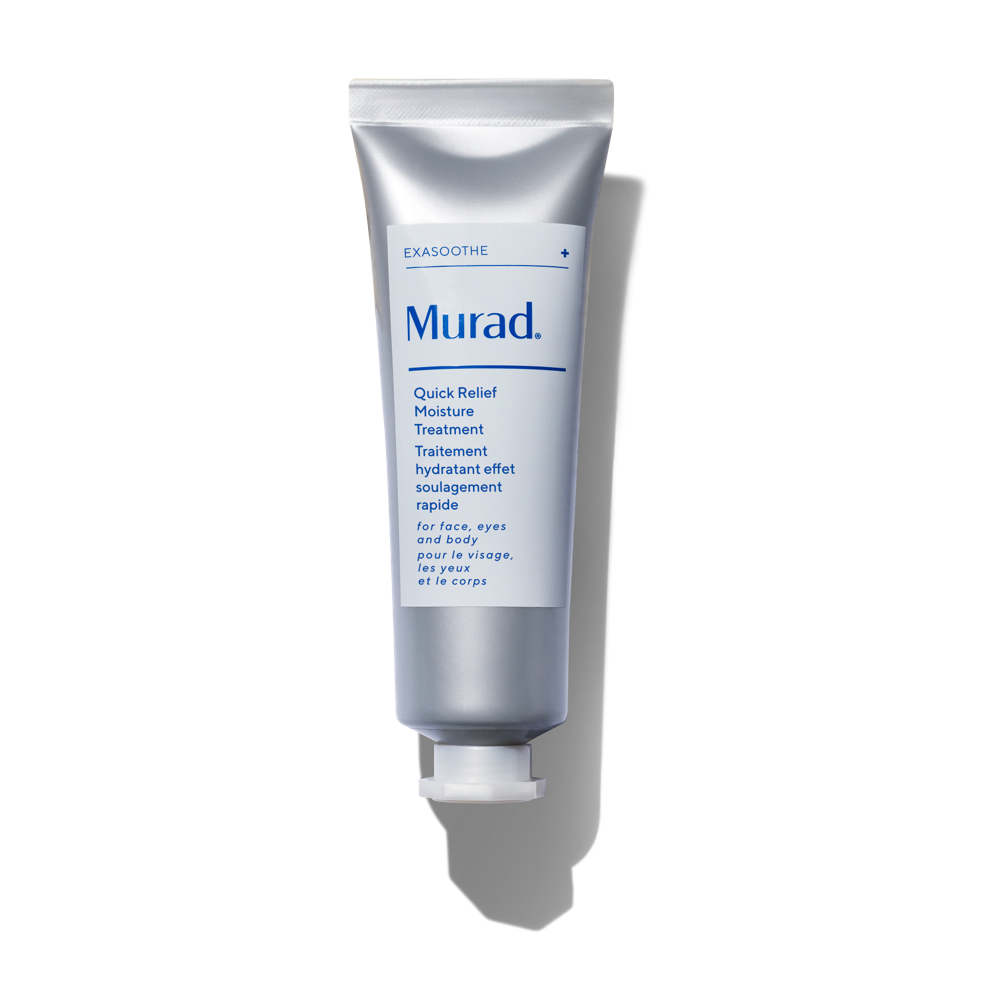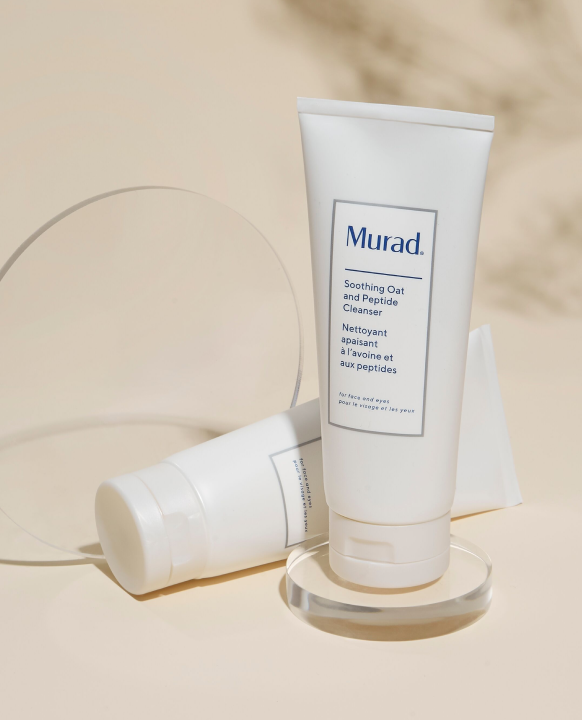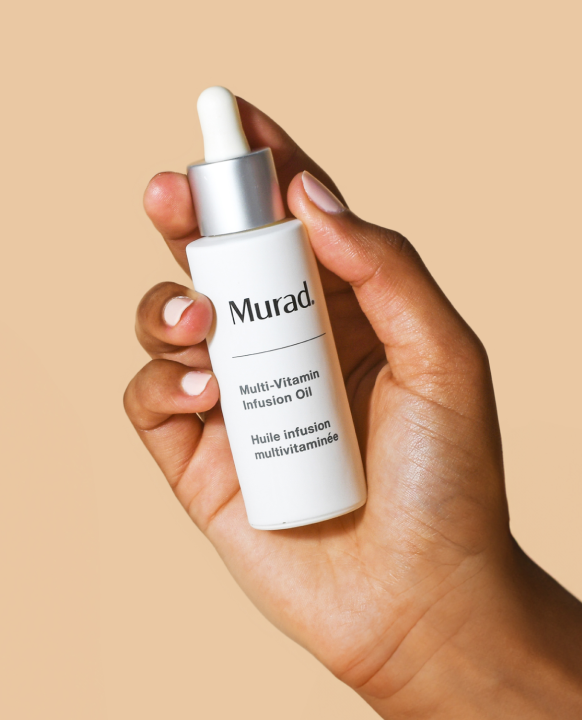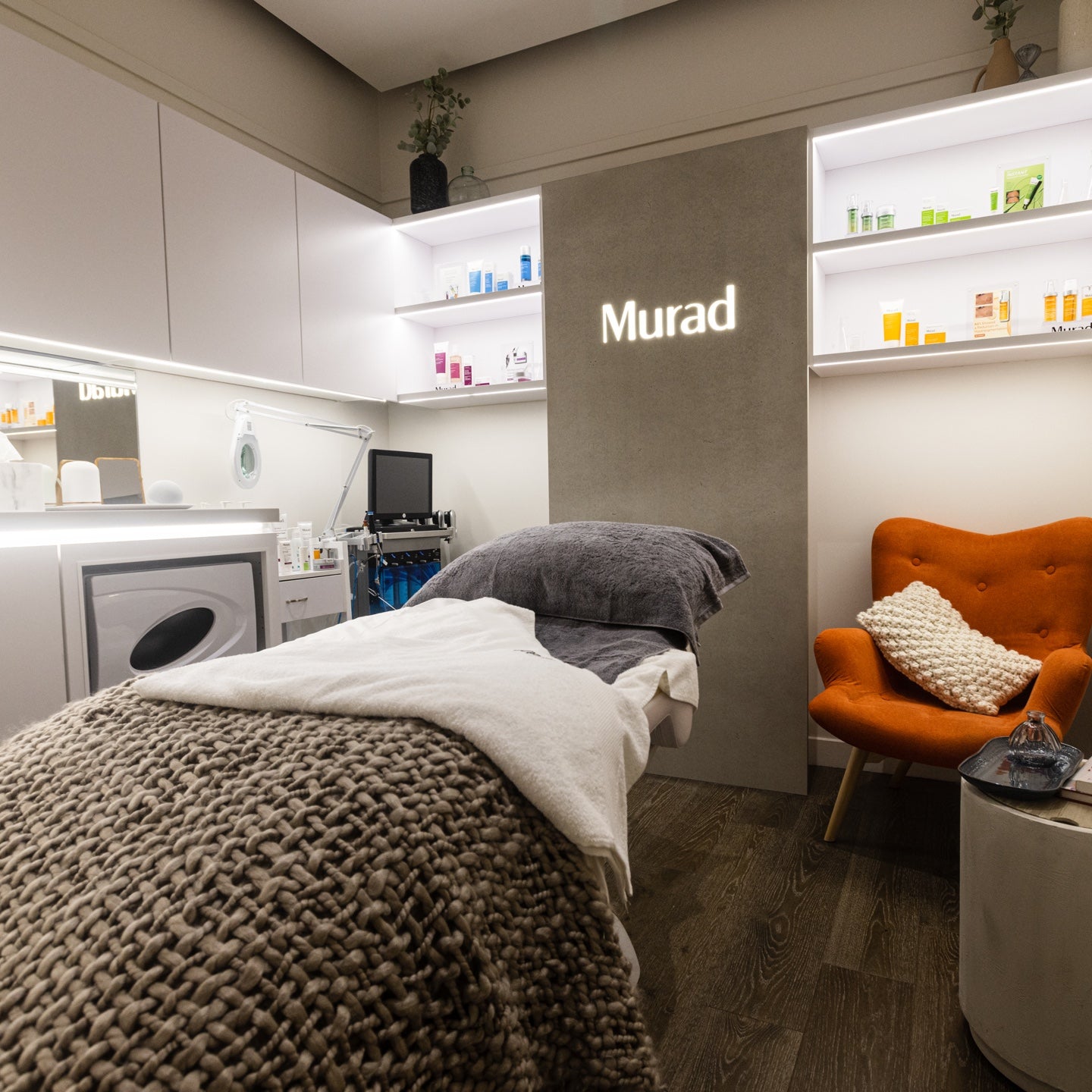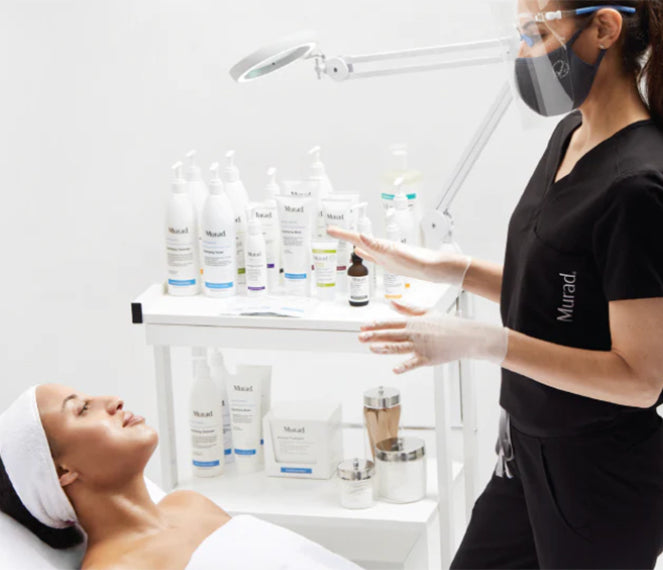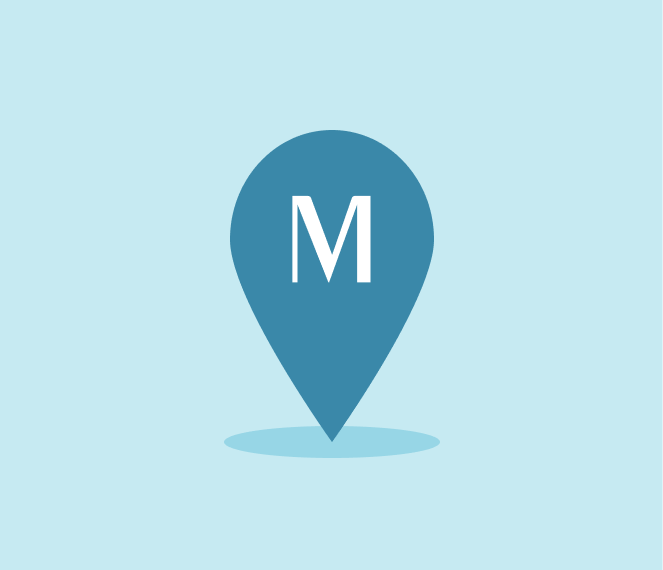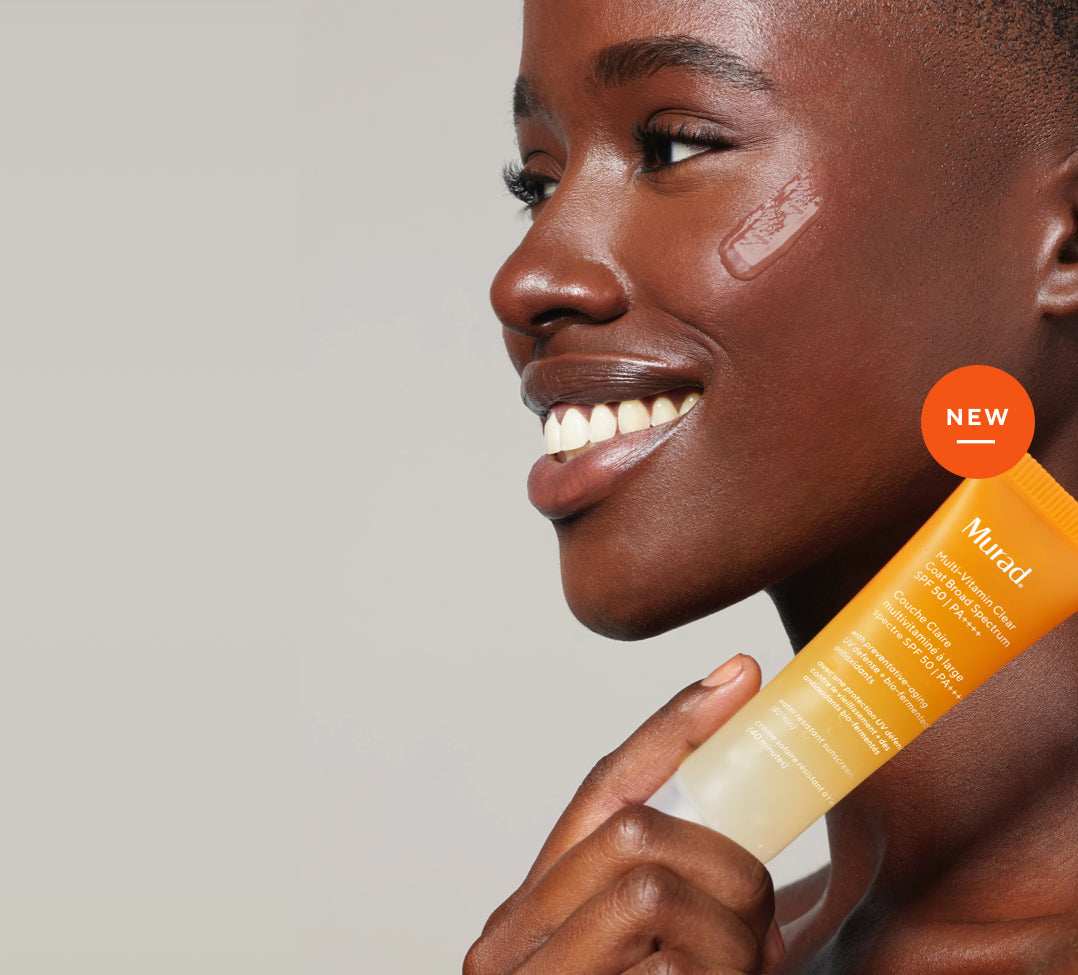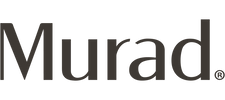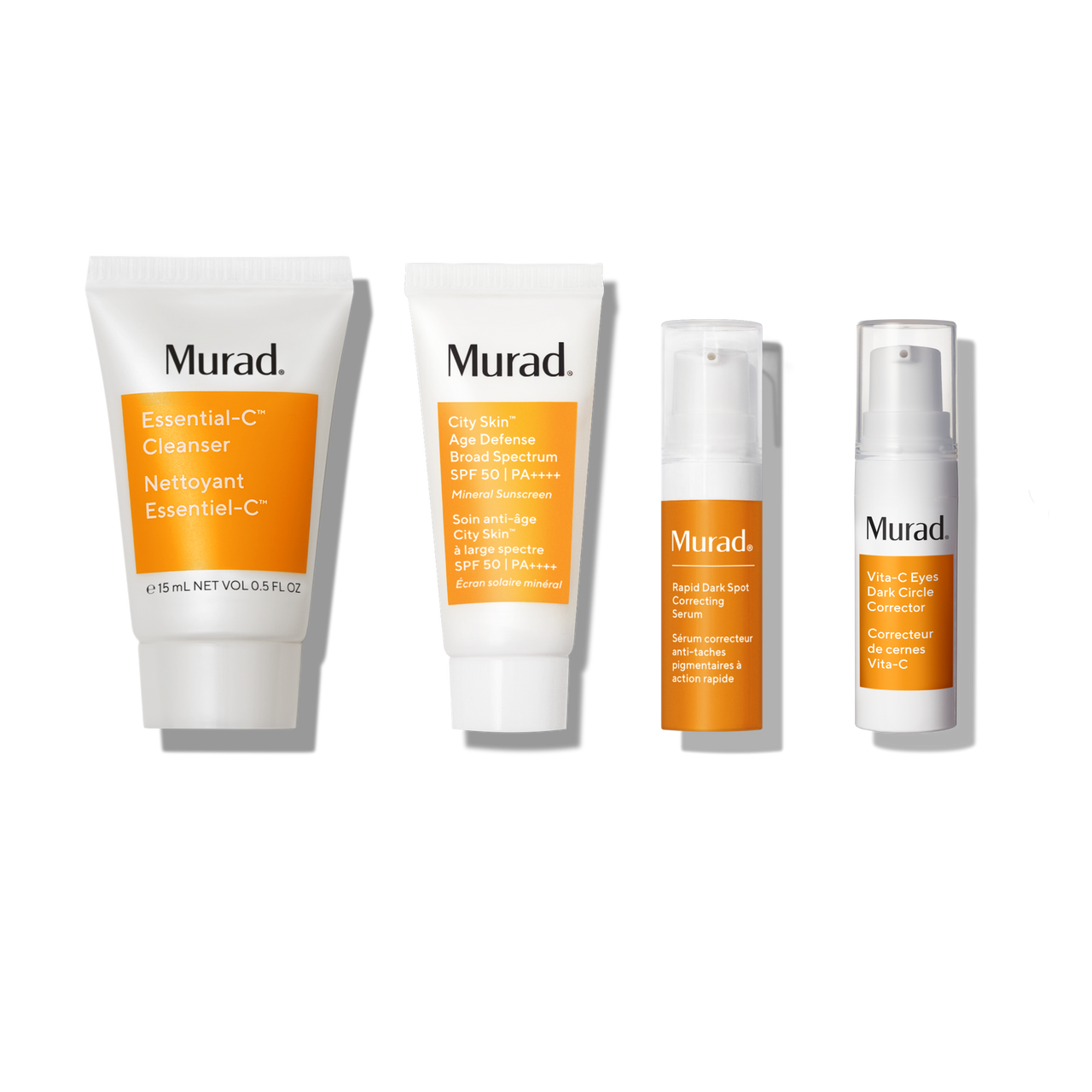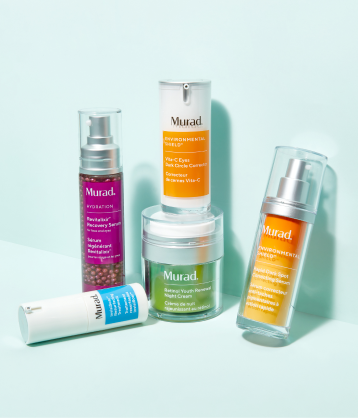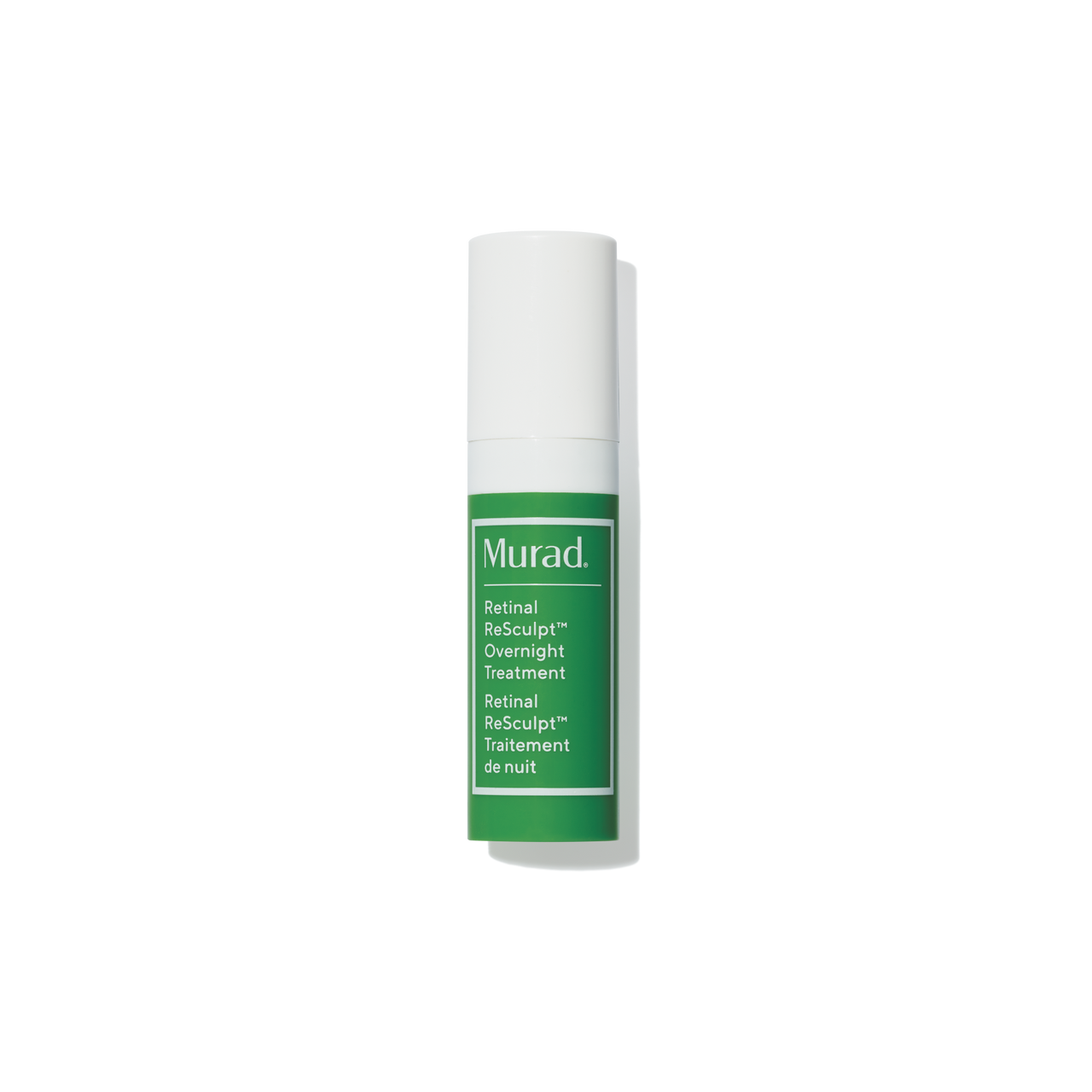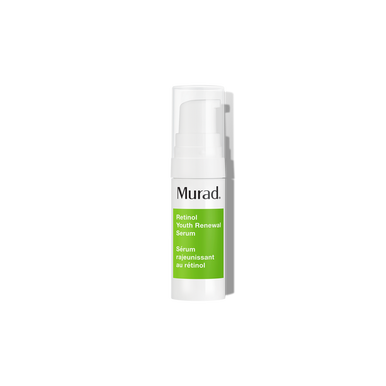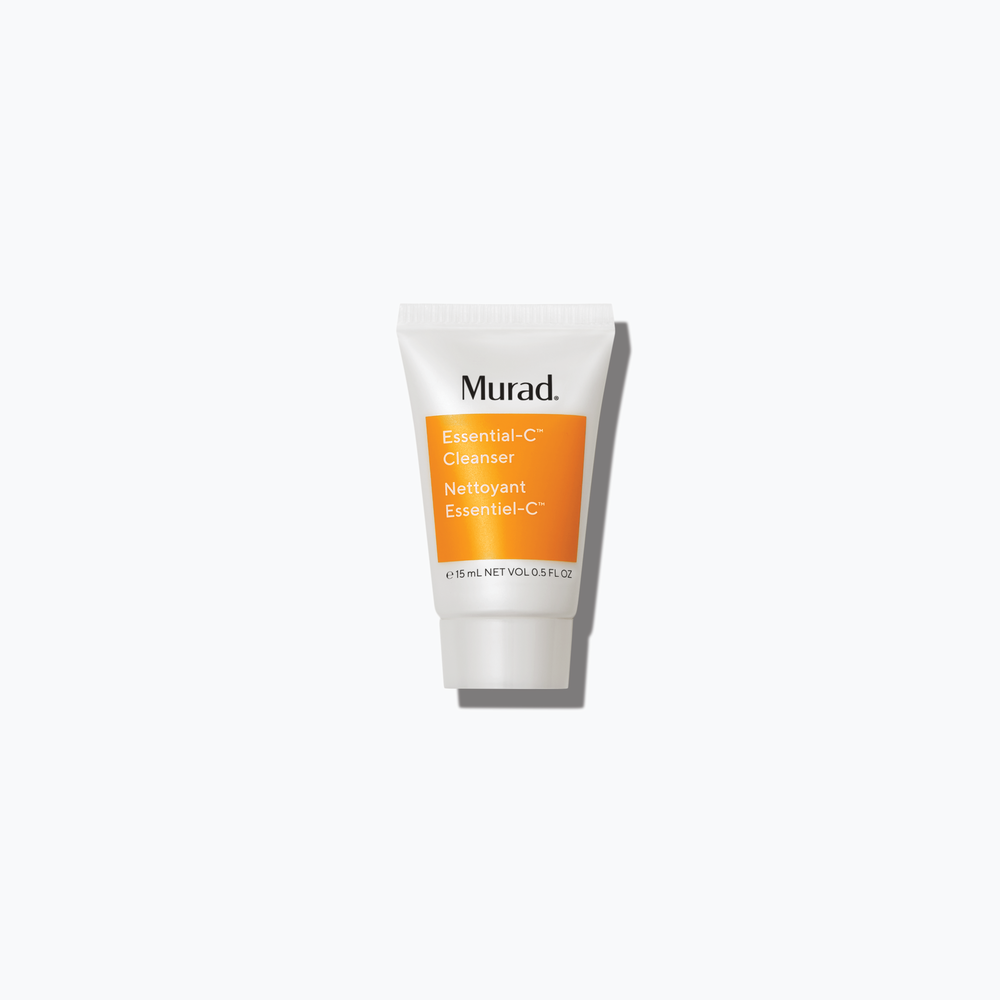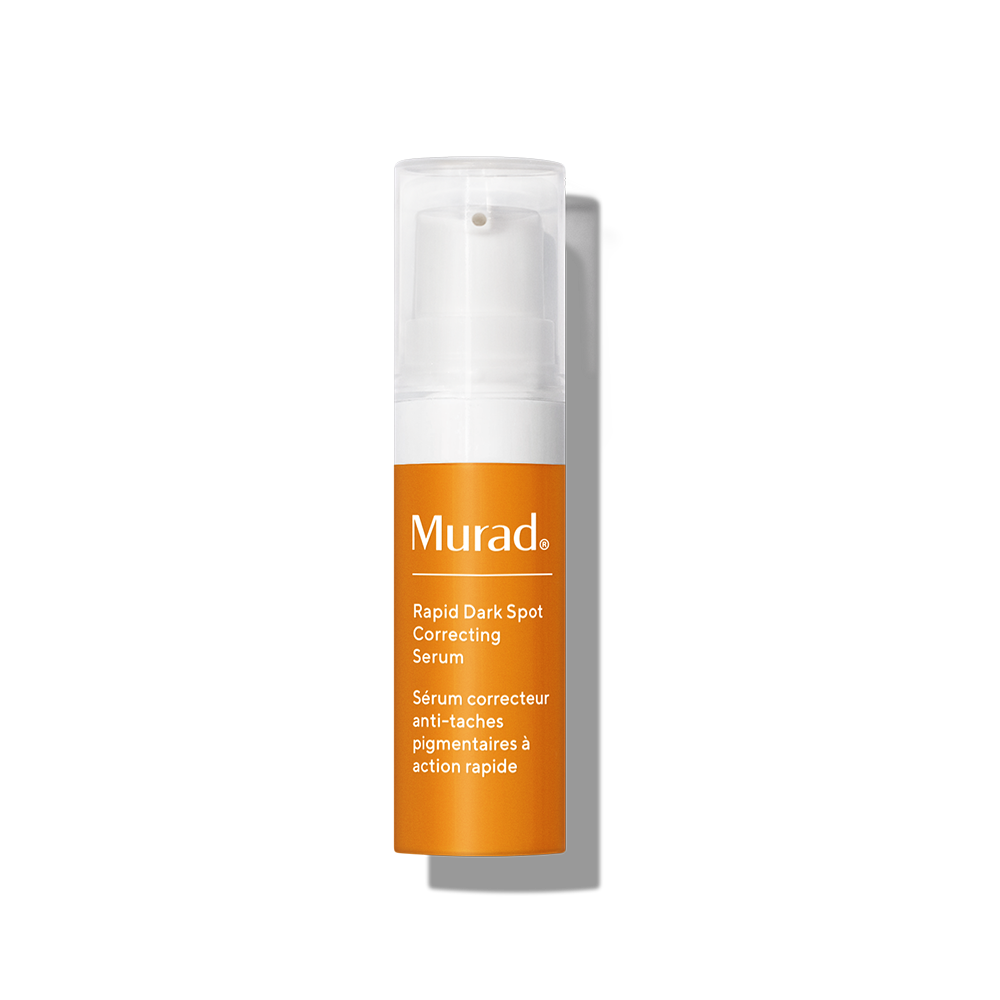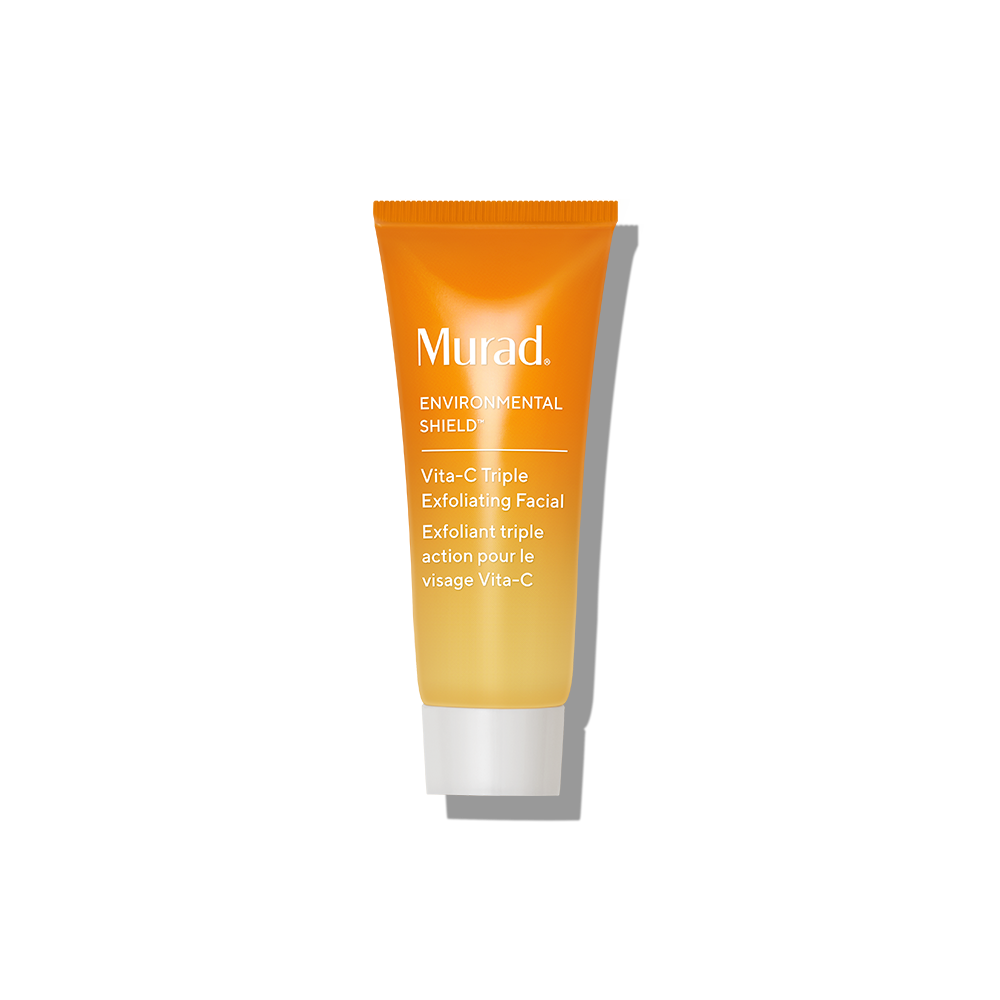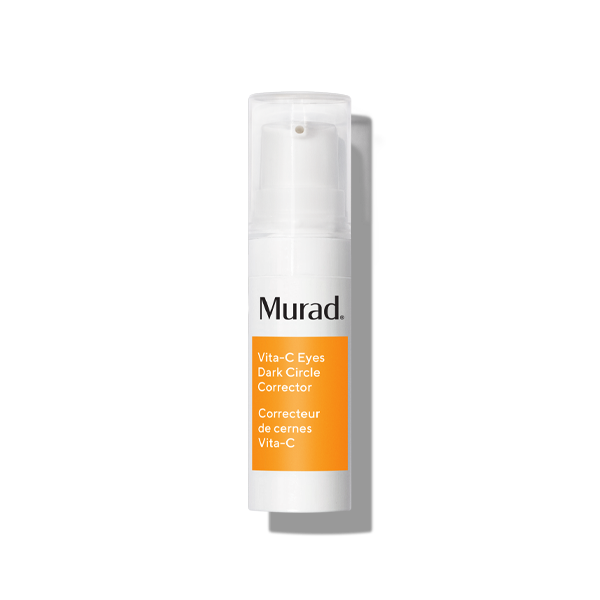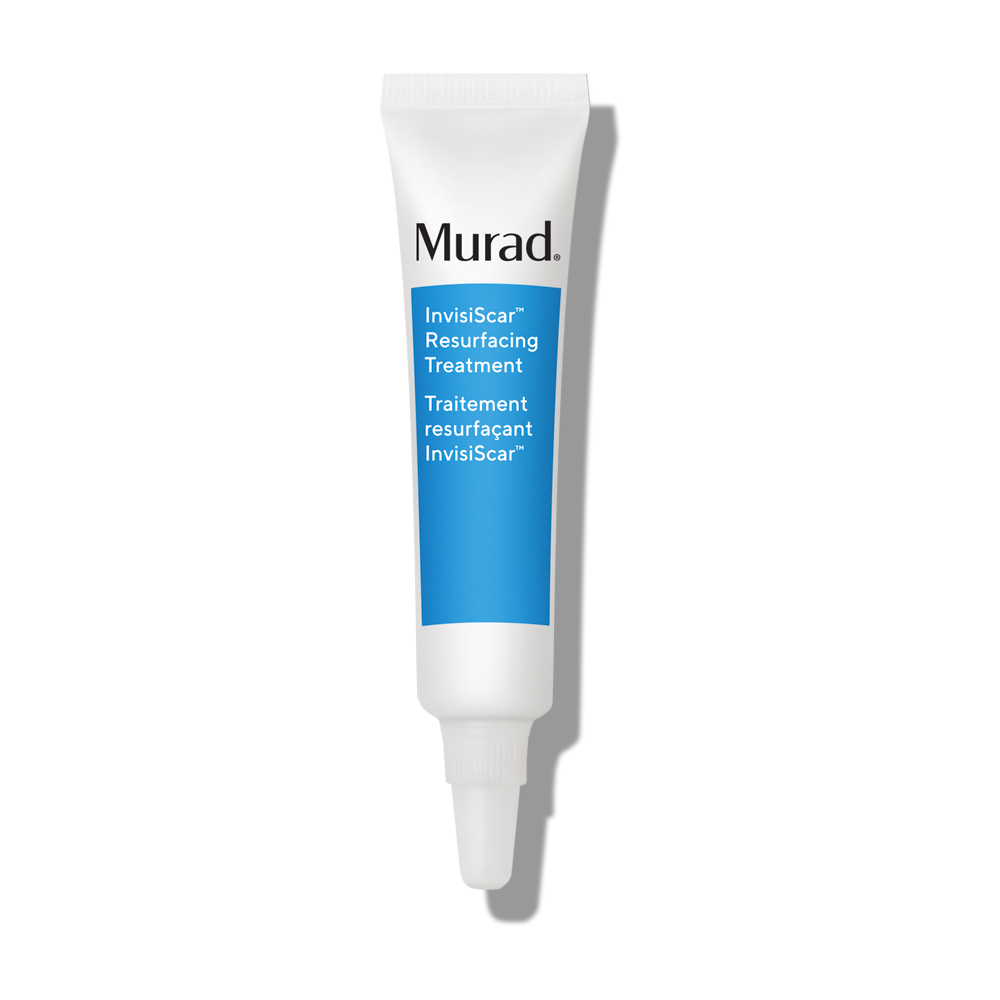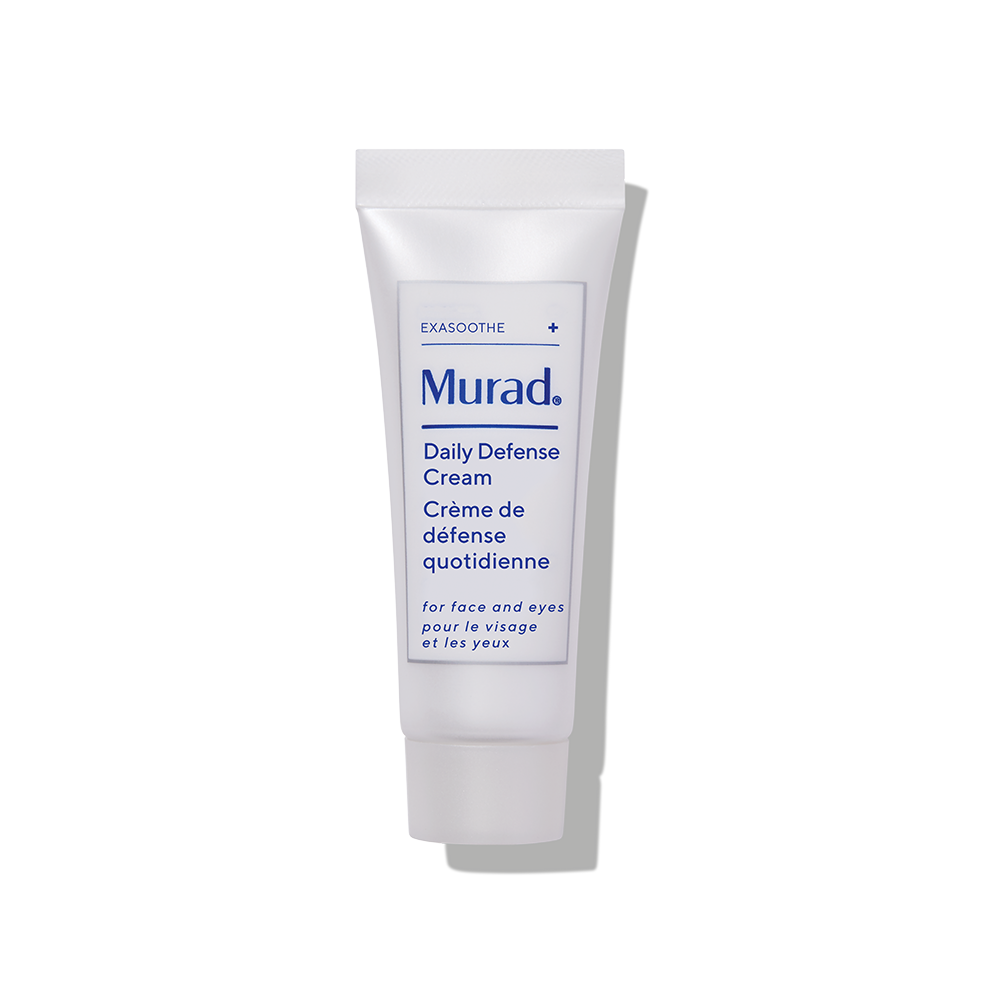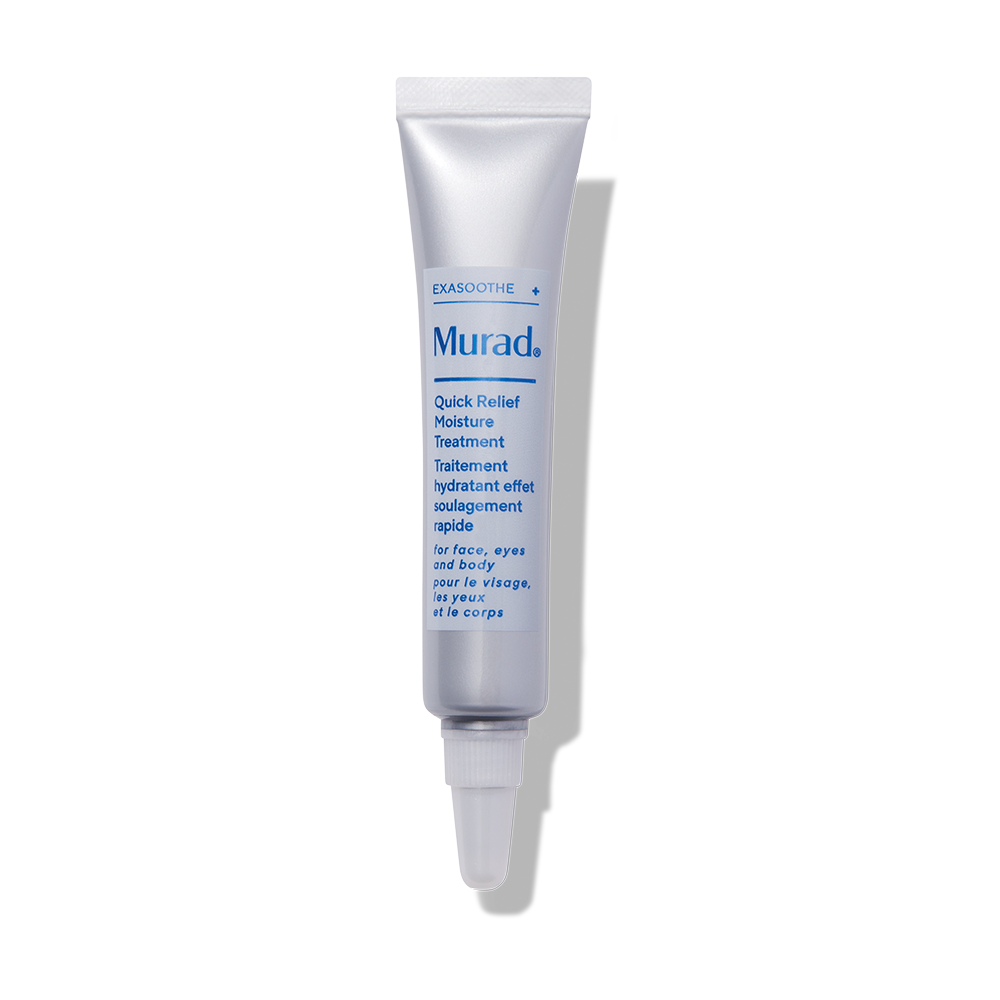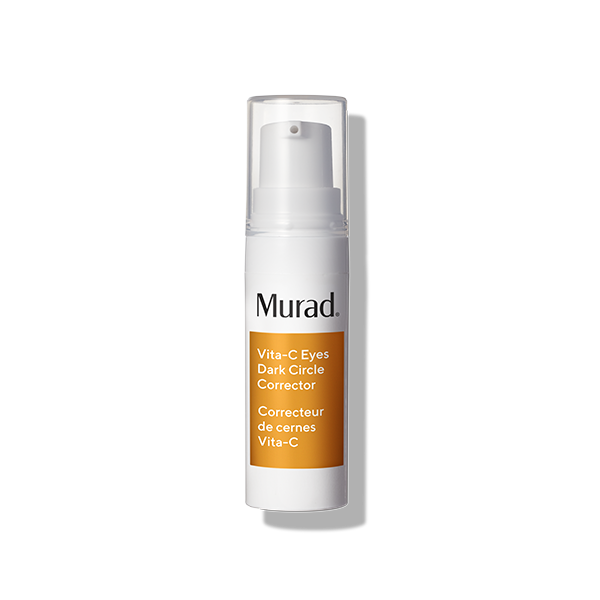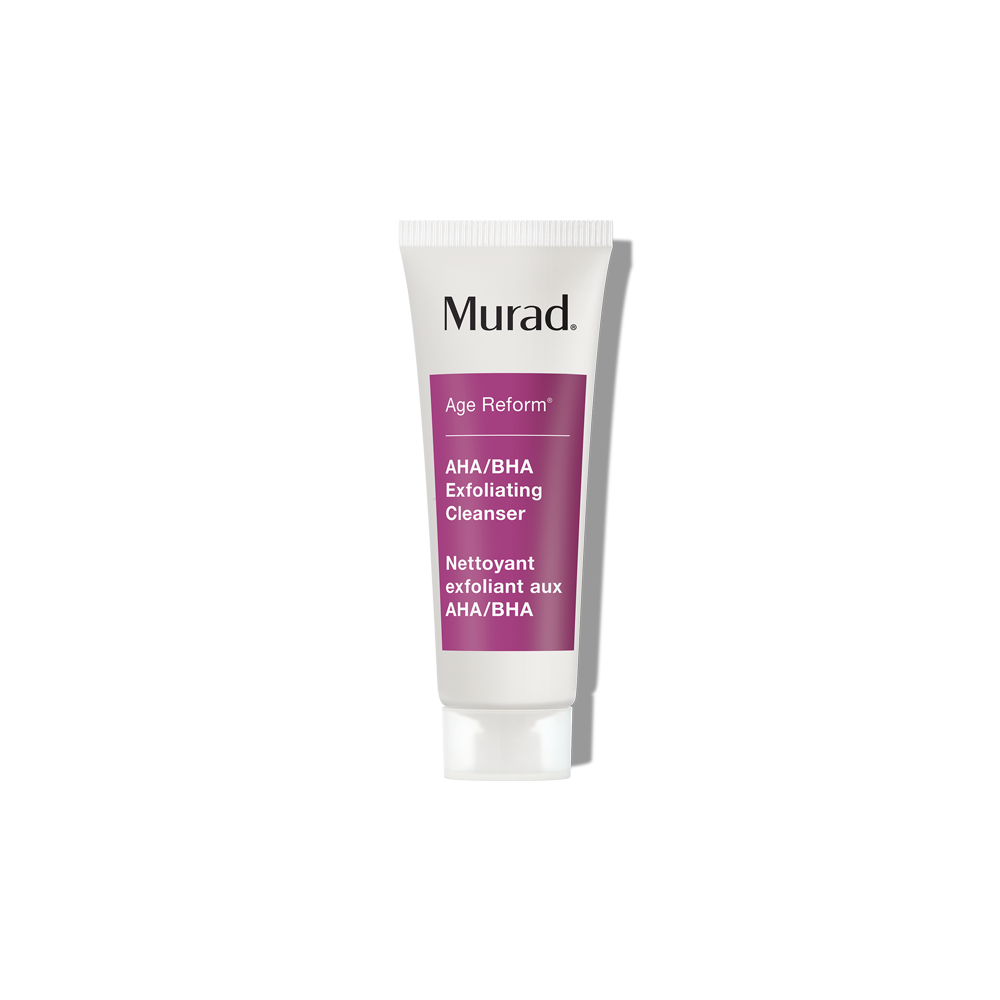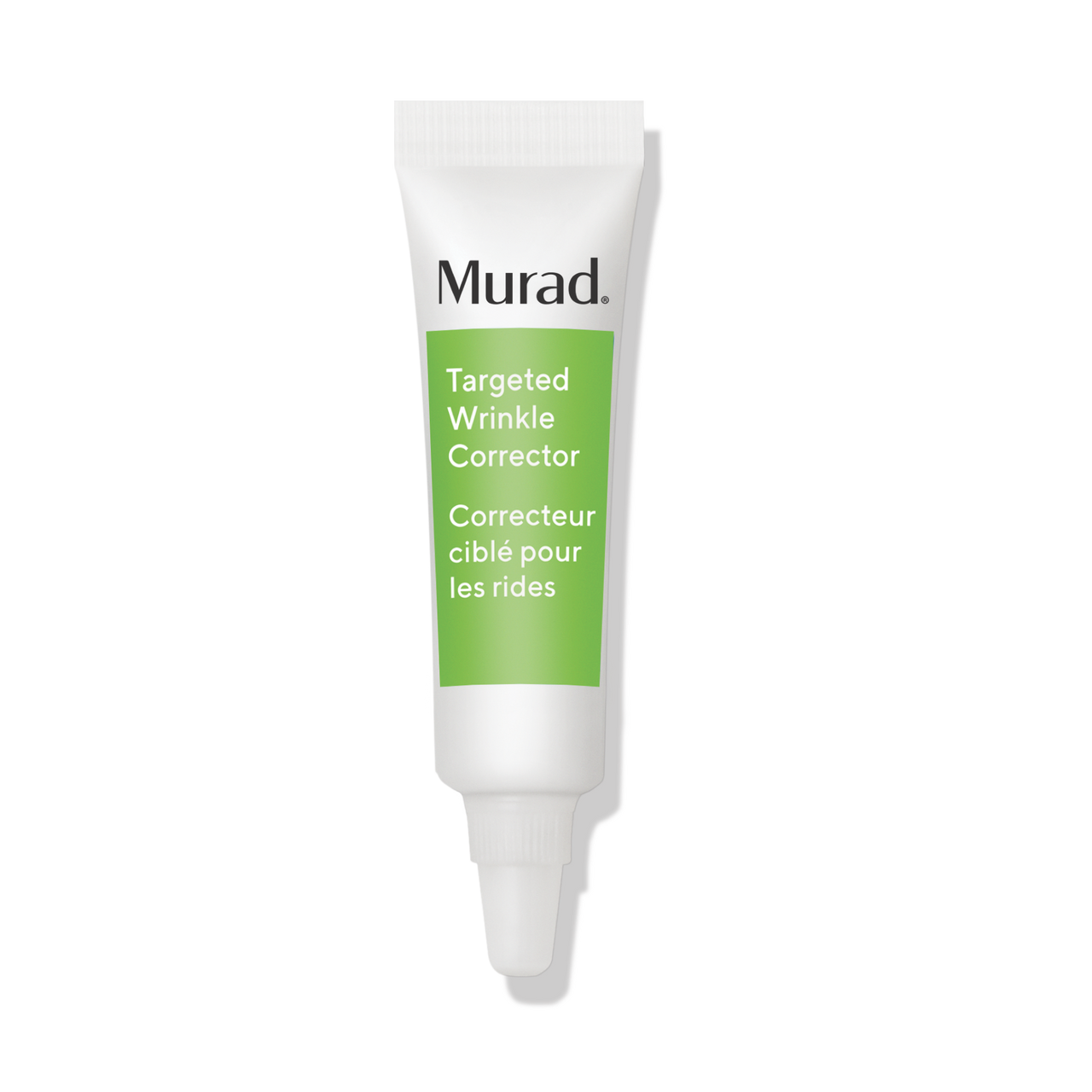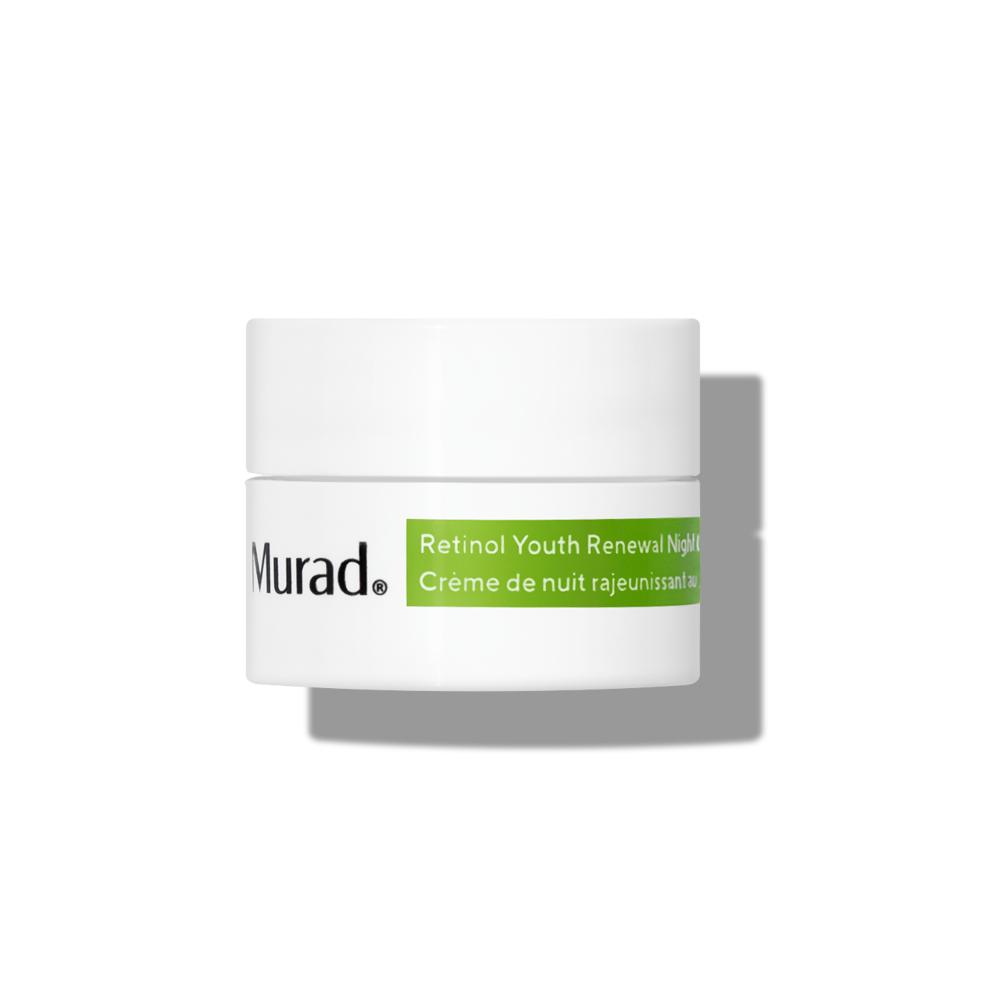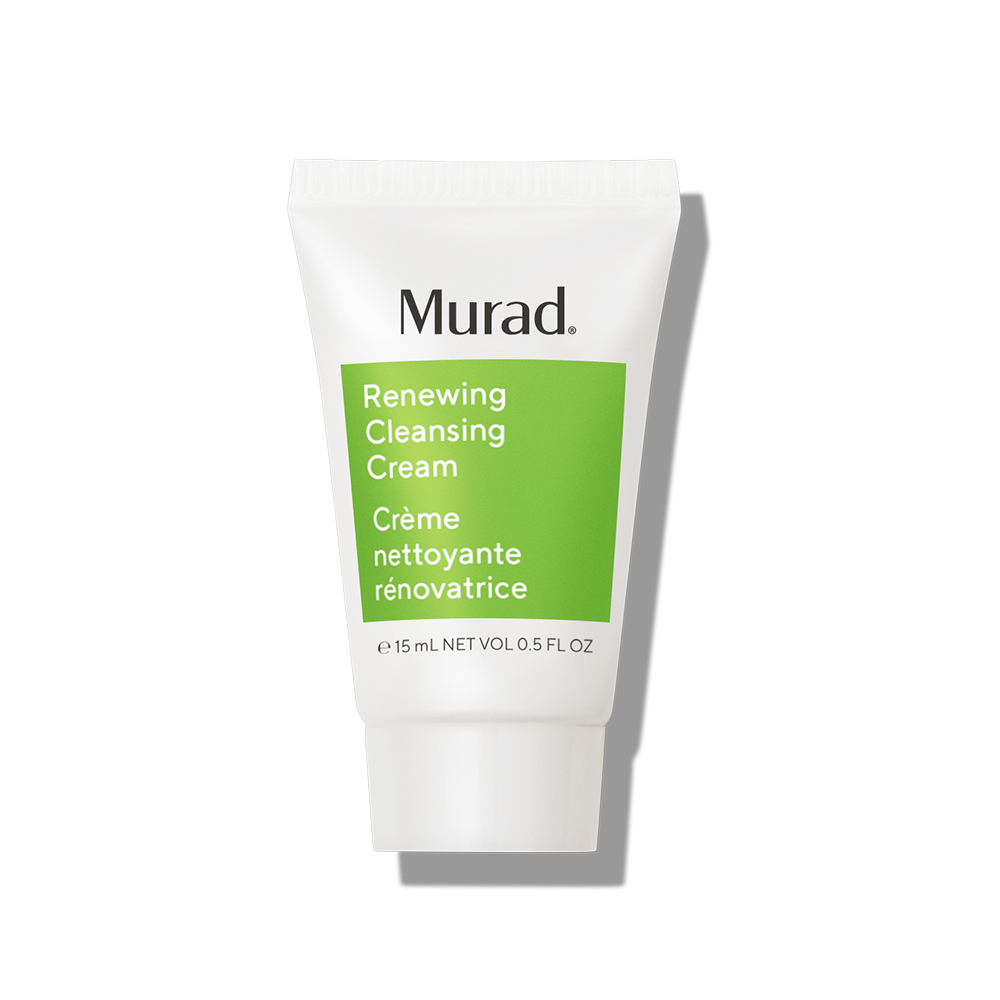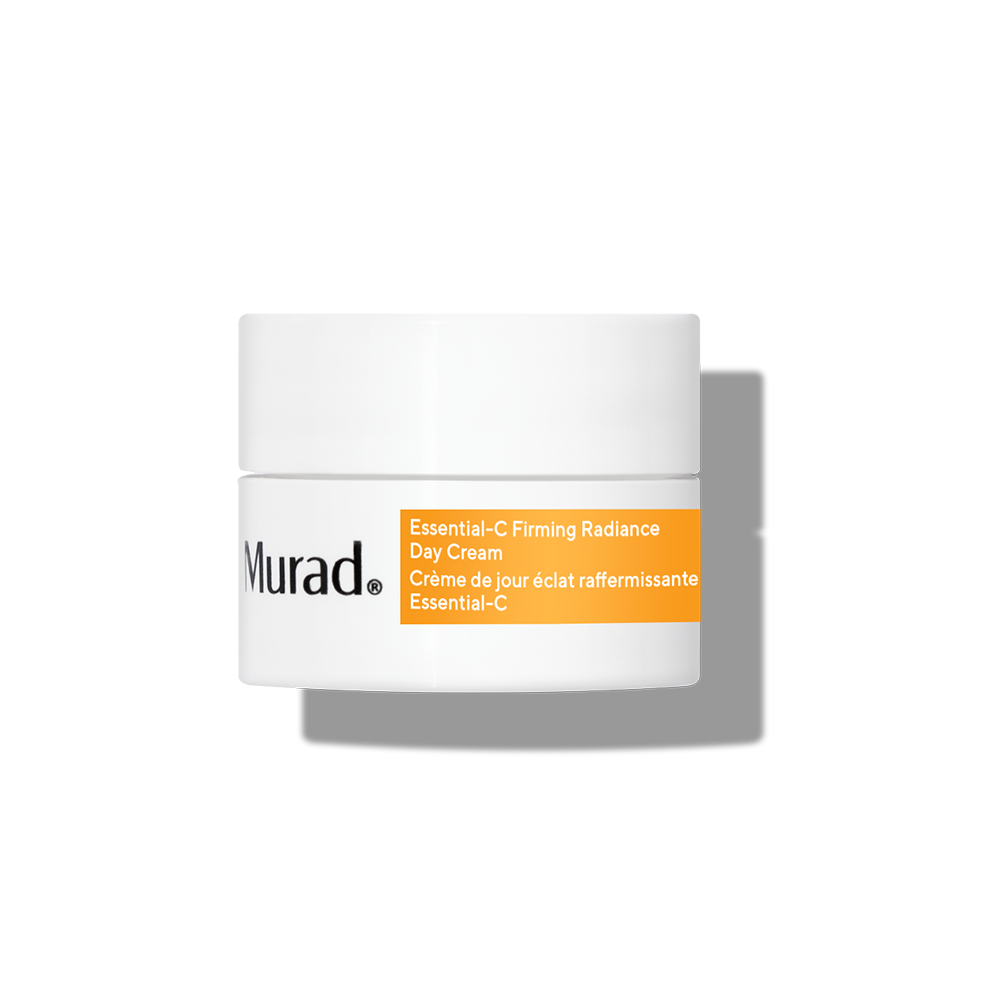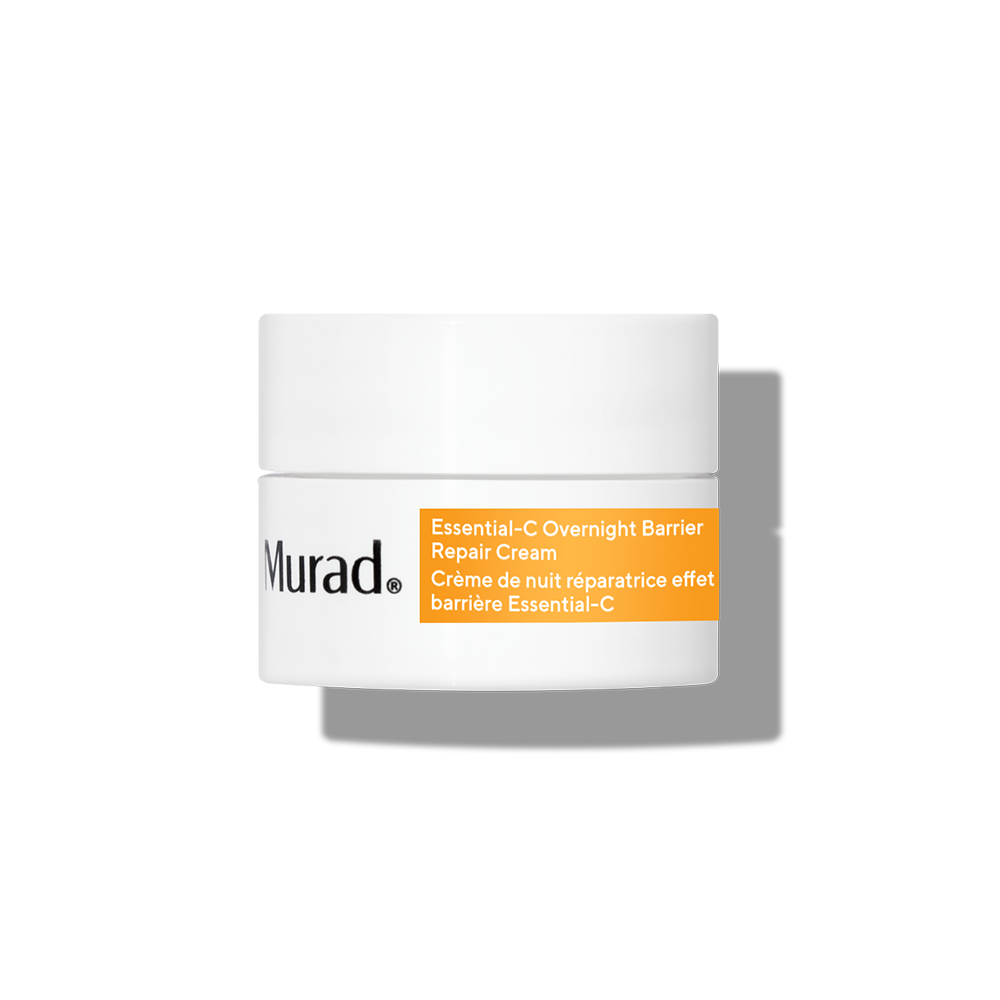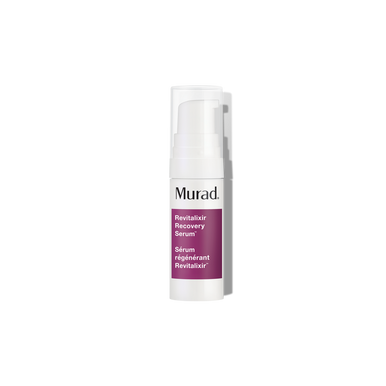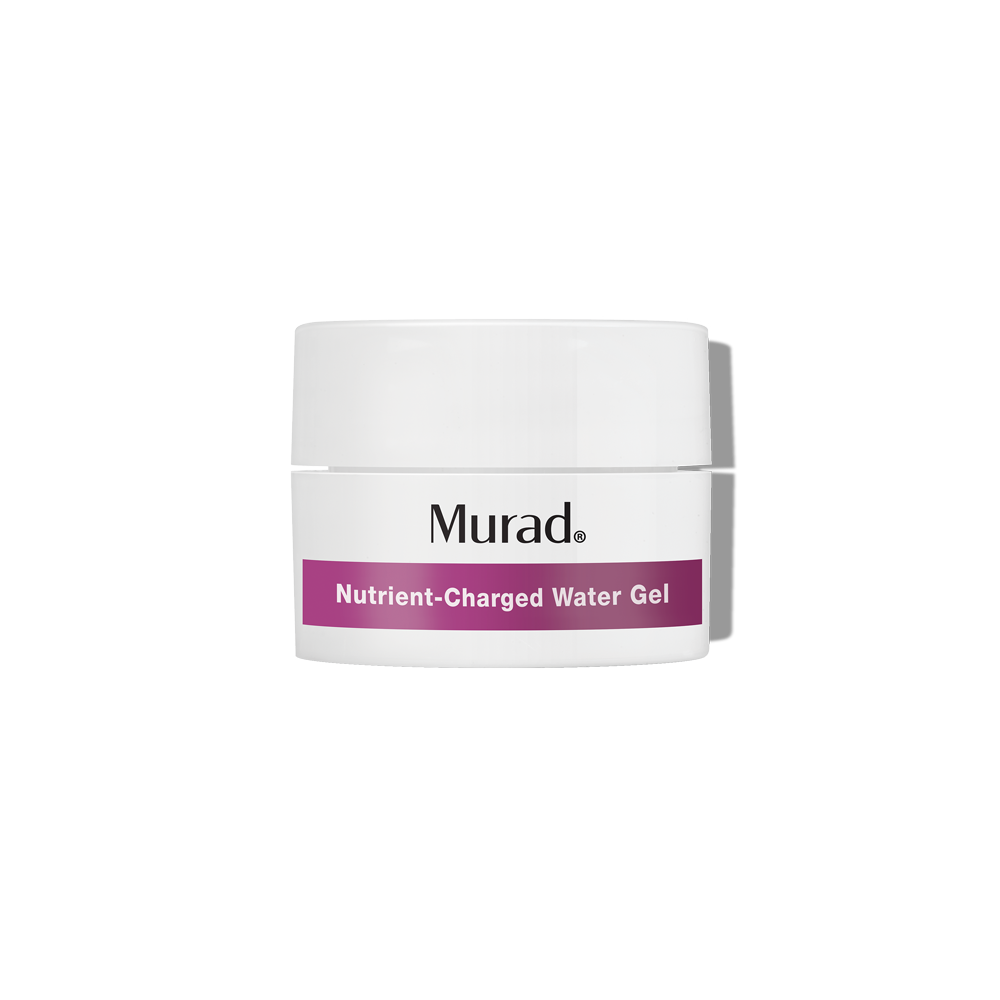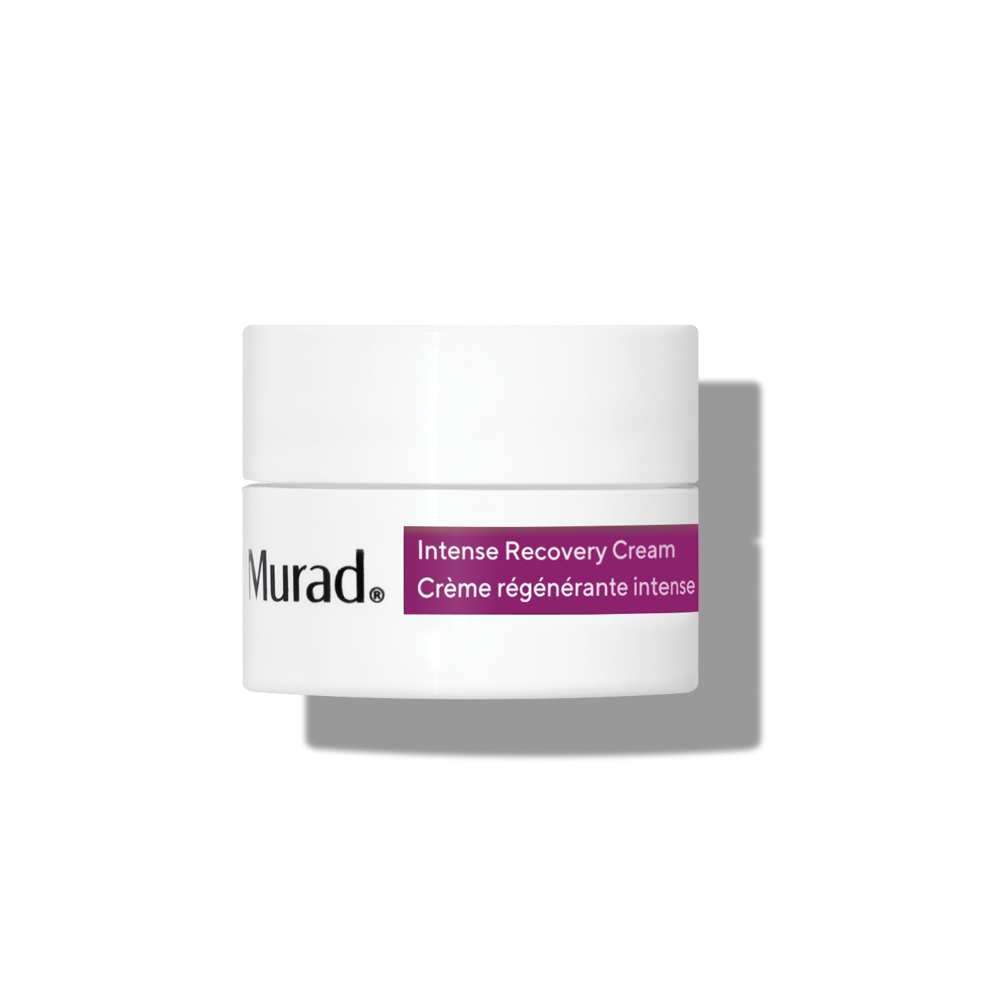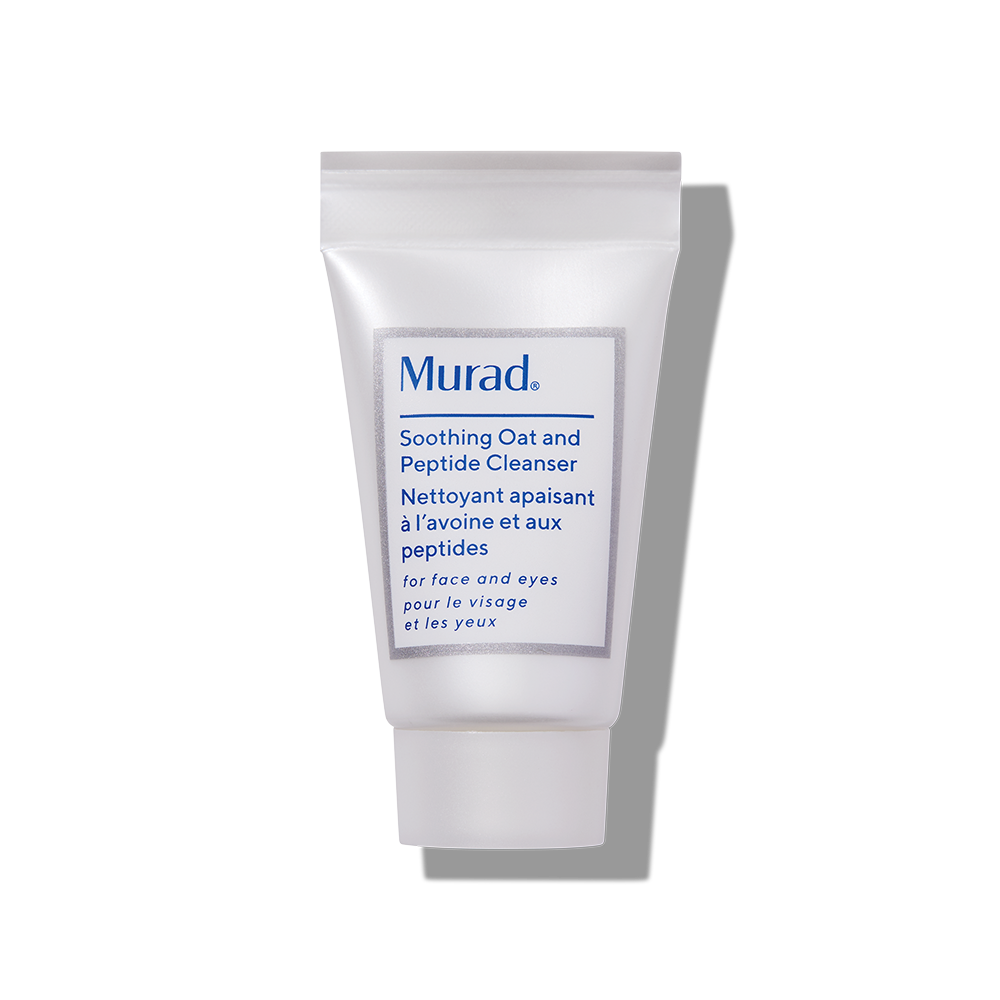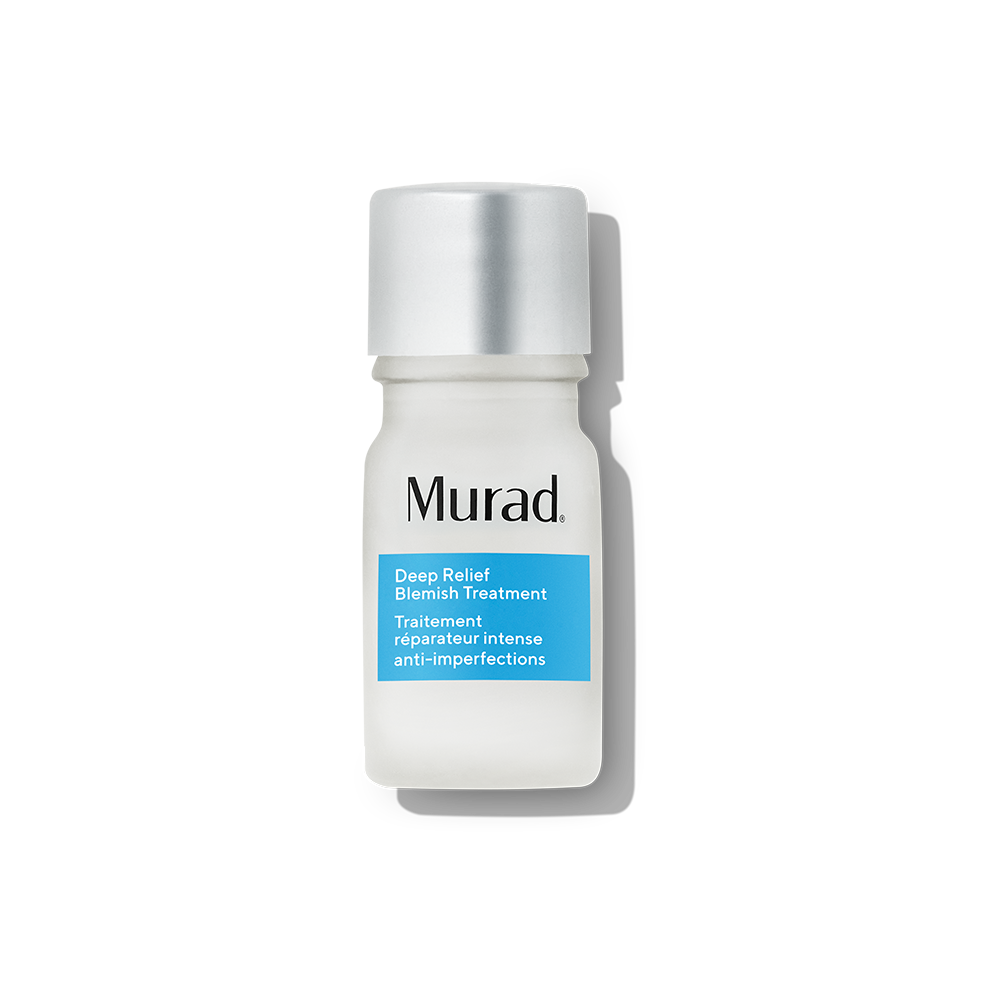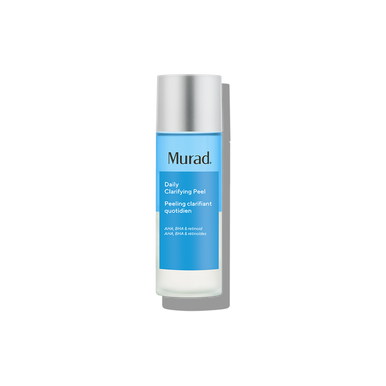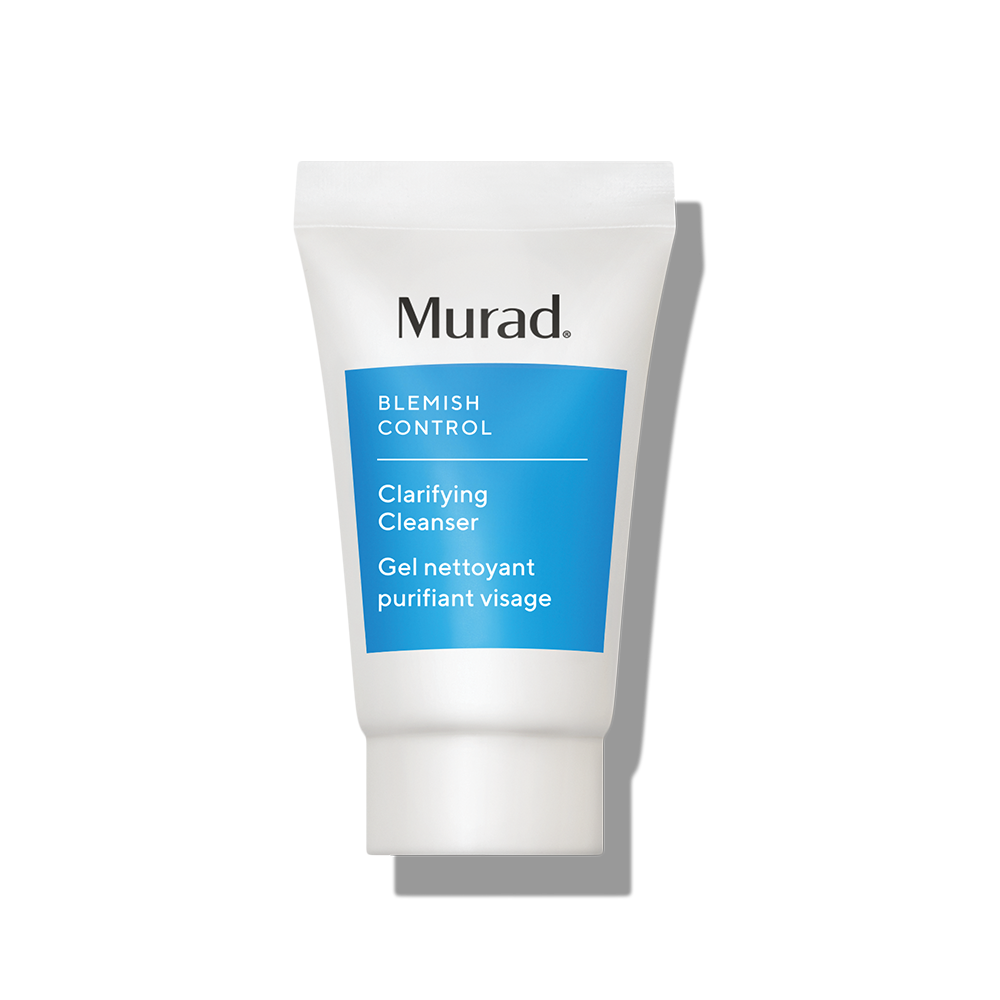Adrienne LDN: Digital Wellbeing
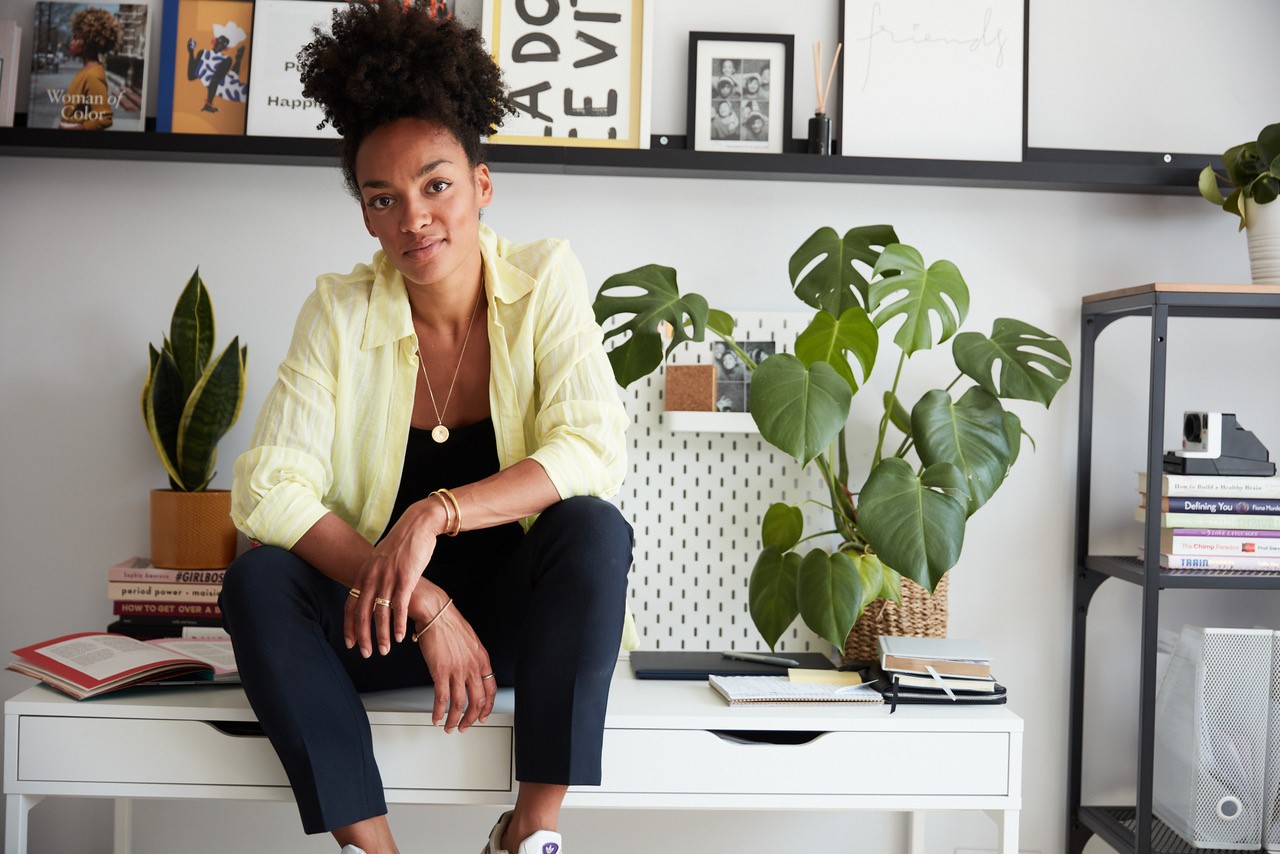
The digital world has given us so much. I'm a big fan of tech innovation, social media and digital communication, but everything has its pros and cons. Today, we have more access to information than ever before. We can download an app in minutes to track our daily calories, we have smart watches that can measure our heart rate, count our daily steps, and even tell us how many hours we sleep each night. Our phones can tell us how many hours we’ve spent online each day, we can send and receive emails and whatsapp messages at any time of the day or night, and we can order food, book cabs, buy gifts, watch movies, and even take a yoga class all from applications on our phones. With all this access to information, plus all of these tools that promise to boost productivity and help us to live well, why are so many people feeling tired, overwhelmed, stressed out and close to burn out?
Ten years ago, when I first started working in the health and wellness industry, I mostly worked with clients one to one in their homes. I learnt that many of them were faced with the same problems. They were time poor, lacked motivation to exercise, their diet was high in sugar and caffeine and they often didn’t get enough sleep. None of my clients wore smart watches or tracked their heart rate, they didn’t use an app to log their sleep each night or count daily calories. Fast forward to today and those common issues are still pretty much the same, in fact arguably they are even worse. We’re busier than ever and we expect much more from ourselves and from our lives. The digital world is not the reason for all of our problems, but it can certainly amplify them. We can use the internet, apps and social media in a way that helps us, but we need to ensure we set boundaries and know when it’s time to unplug.
A great way to start is to take a look at the whole picture. When I assess my own overall wellbeing, I typically break it down into 4 key areas
Daily Routine + Habits
- Exercise + Movement
- Diet + Energy
- Rest + Sleep
I take a few minutes to assess each one, I sometimes set some goals to help me improve in one or two areas, and then I look for any barriers or blockers that could prevent me from doing this.
When it comes to my digital wellbeing, I will consider how each key area is being affected for better or for worse. For example, if I’m using an app such as Headspace to do a ten minute guided meditation each day before bed, then that is a positive thing. However, if I’m still replying to work emails on my phone when I’m eating my dinner at the same time, that’s definitely a red flag. It sounds simple and obvious but it’s important to audit your digital wellbeing and to be aware of how little or how much it affects you.
When was the last time you turned your phone off for a whole day? When was the last time that you took time off work and didn’t check your emails (even just once). How often do you look at social media in the morning before you’ve spoken to a real person?
As I mentioned at the start of this blog post, everything has pros and cons. I'm never going to demonise technology and digital communication, it has given us so much! But digital wellbeing has to be a consideration for all of us, we need to do an honest assessment of how and when it’s good for us, and when it is not.
